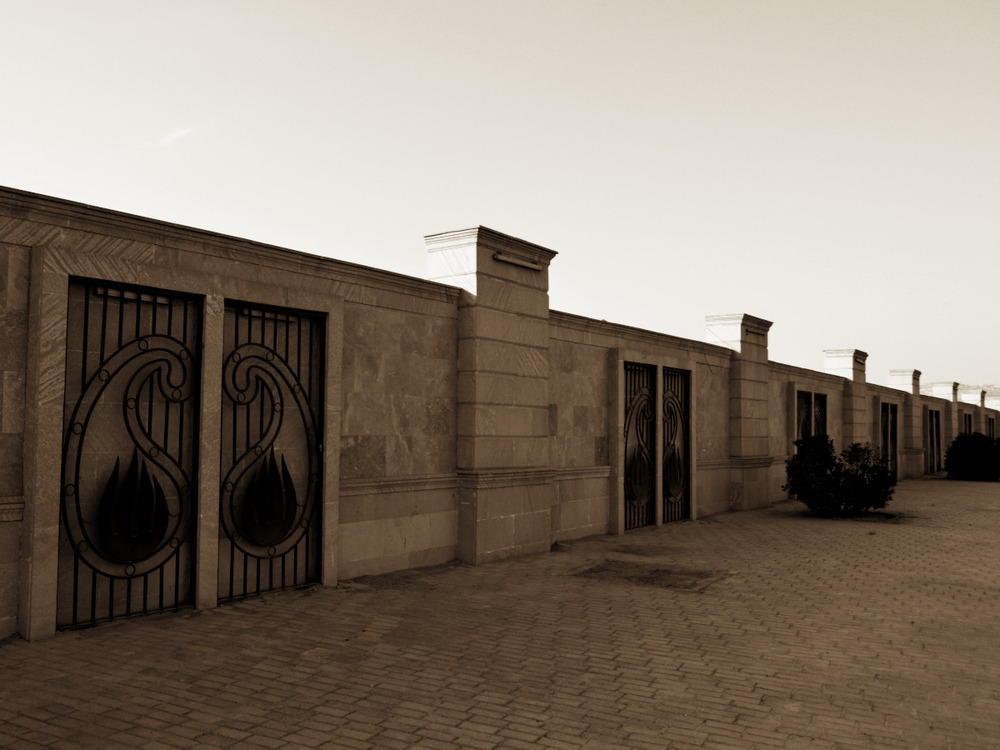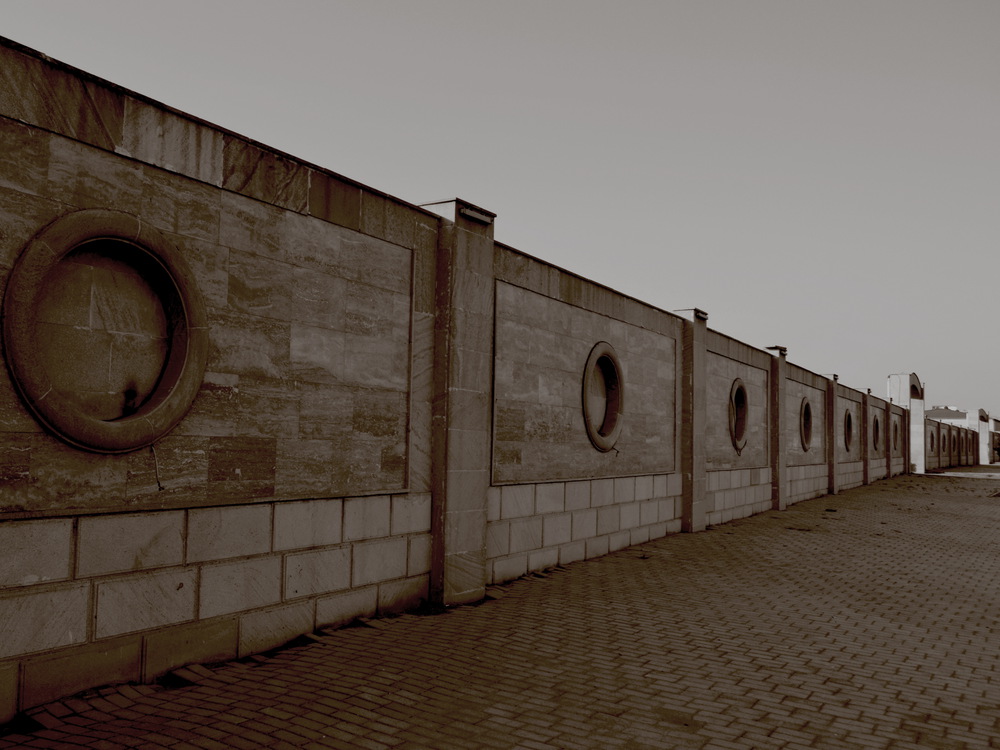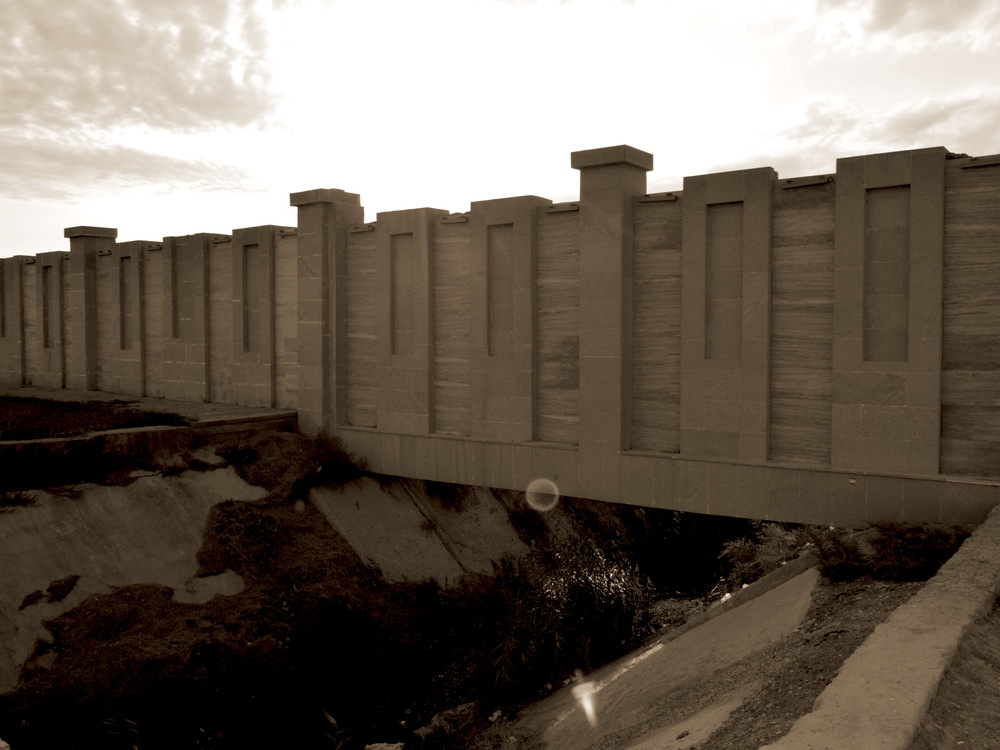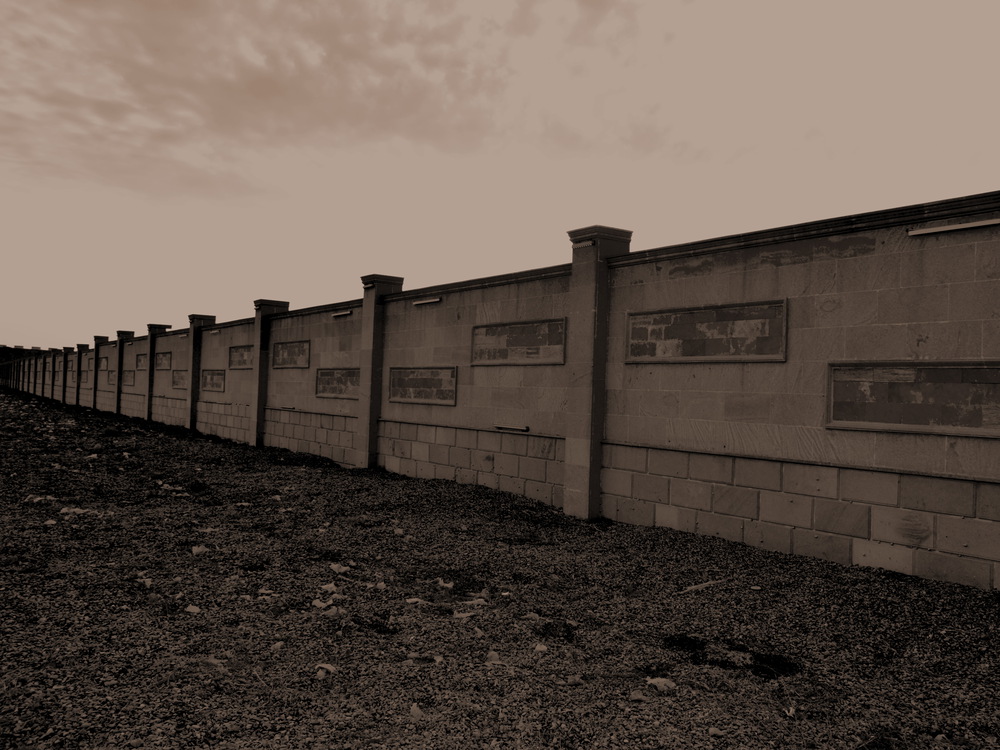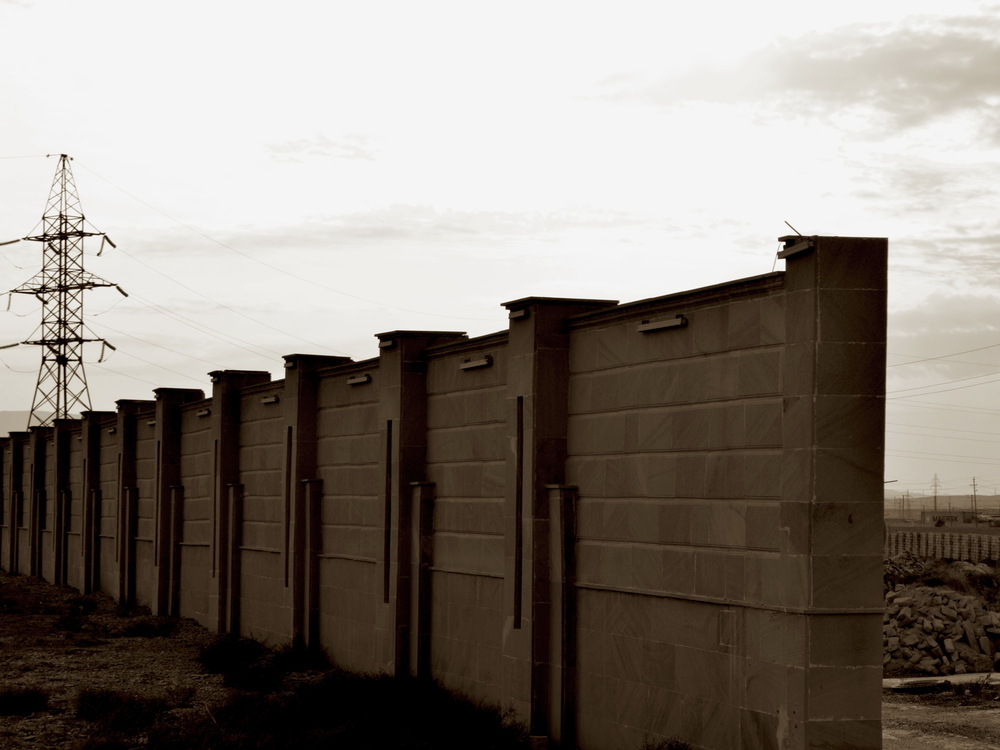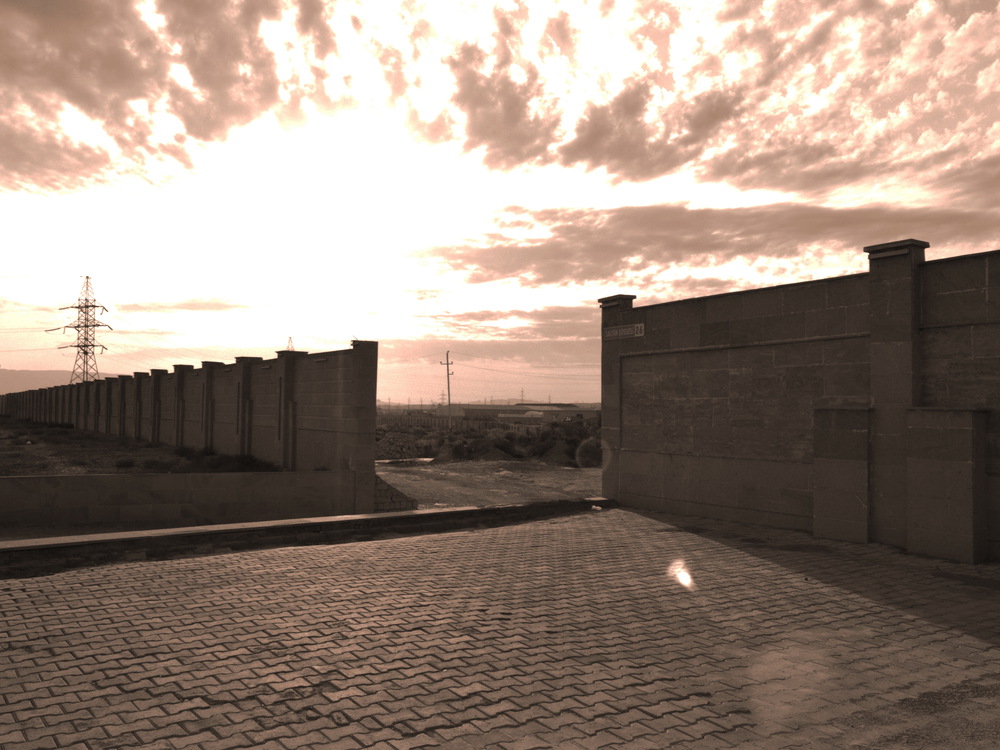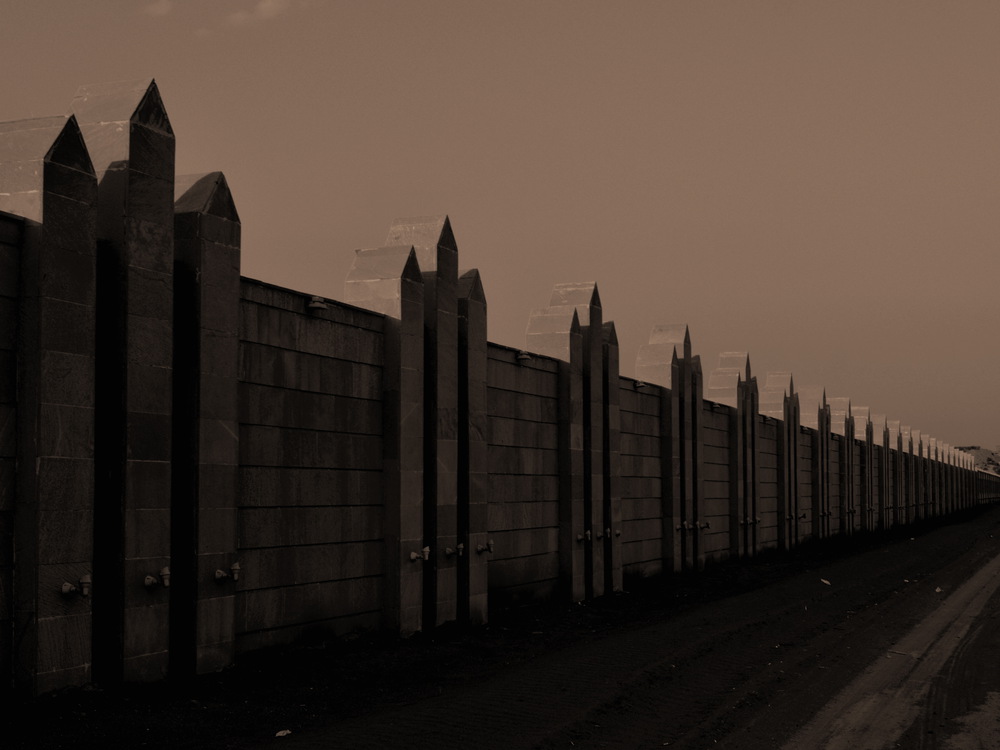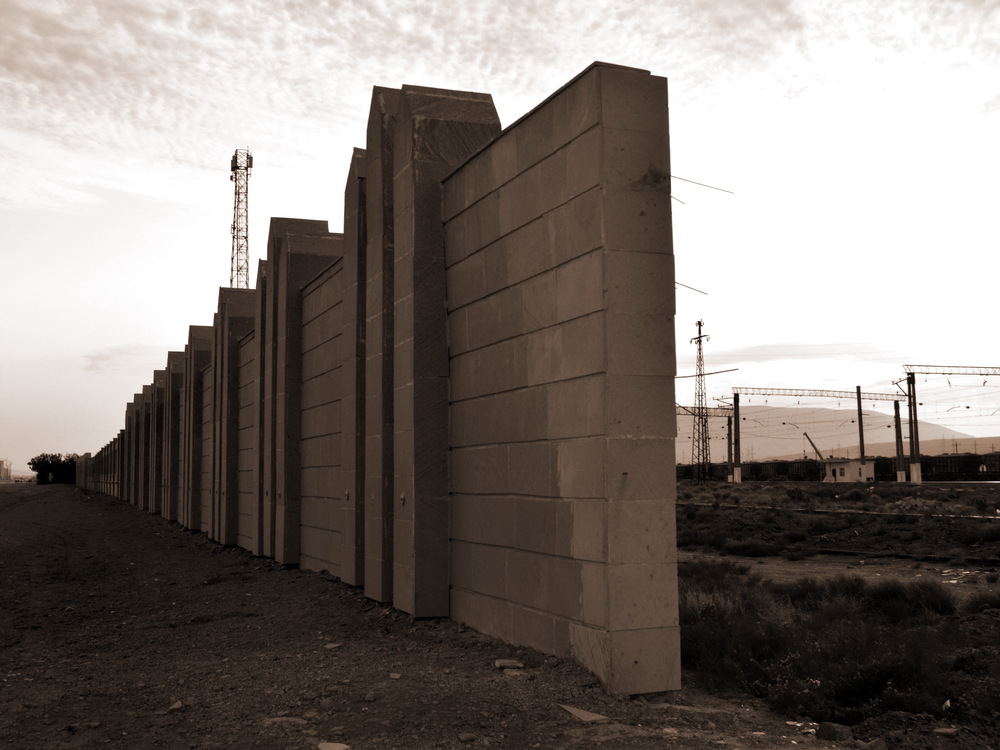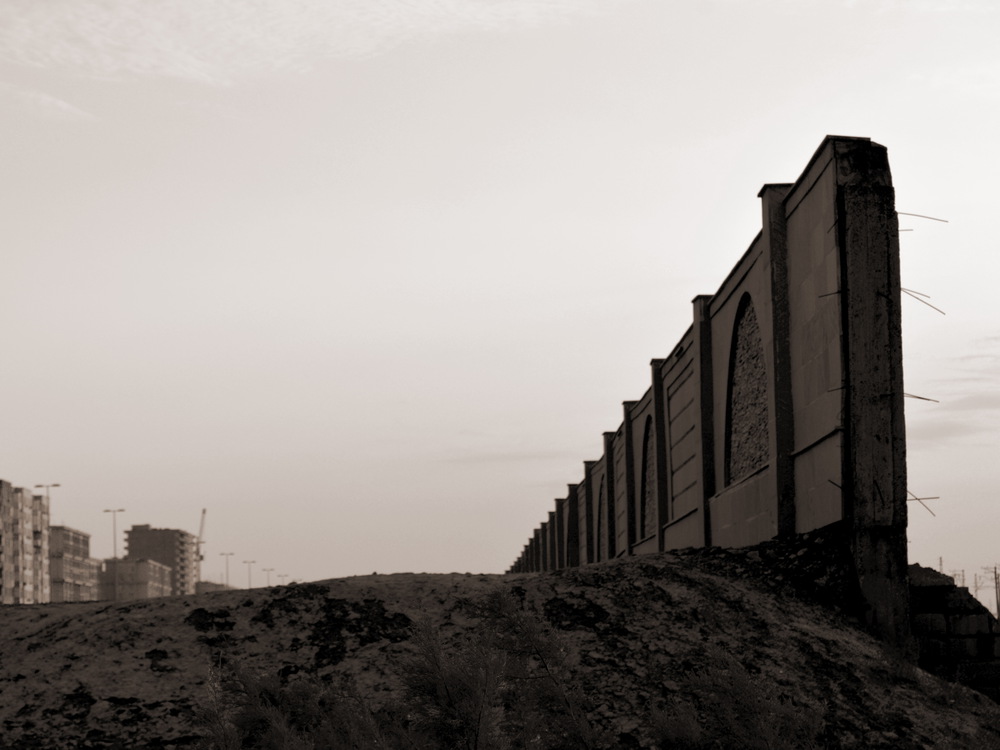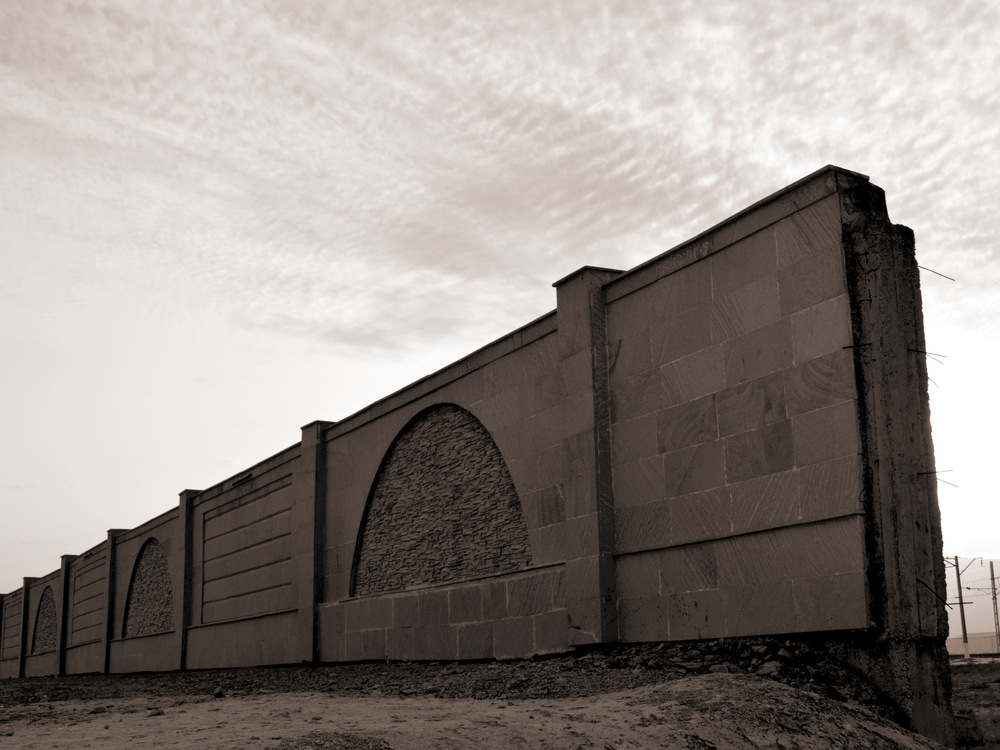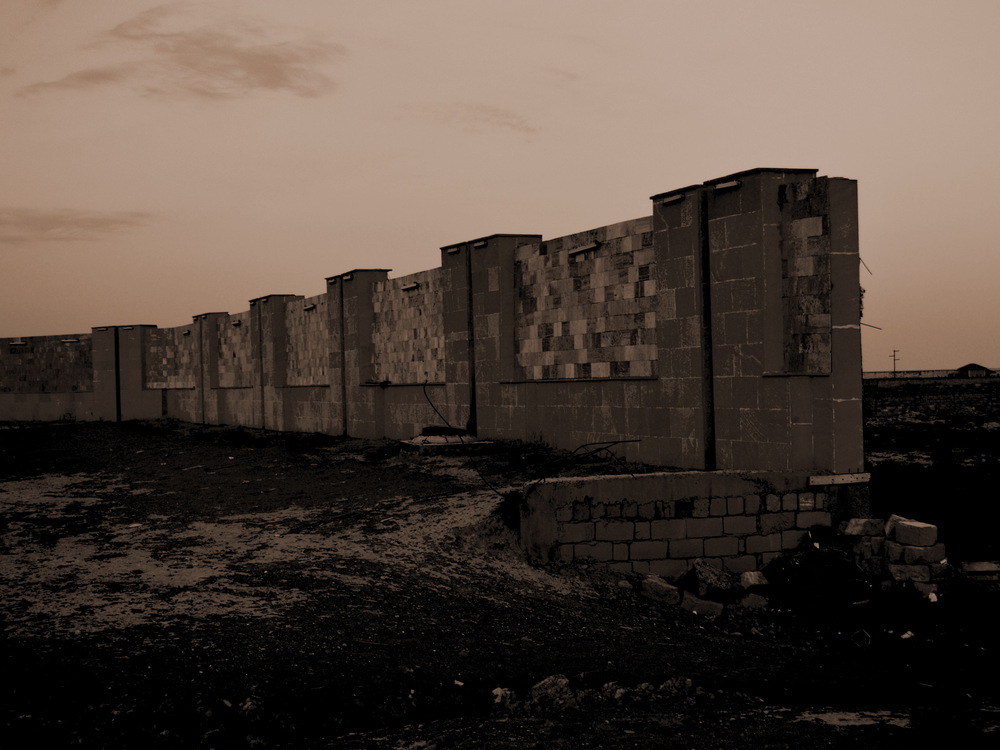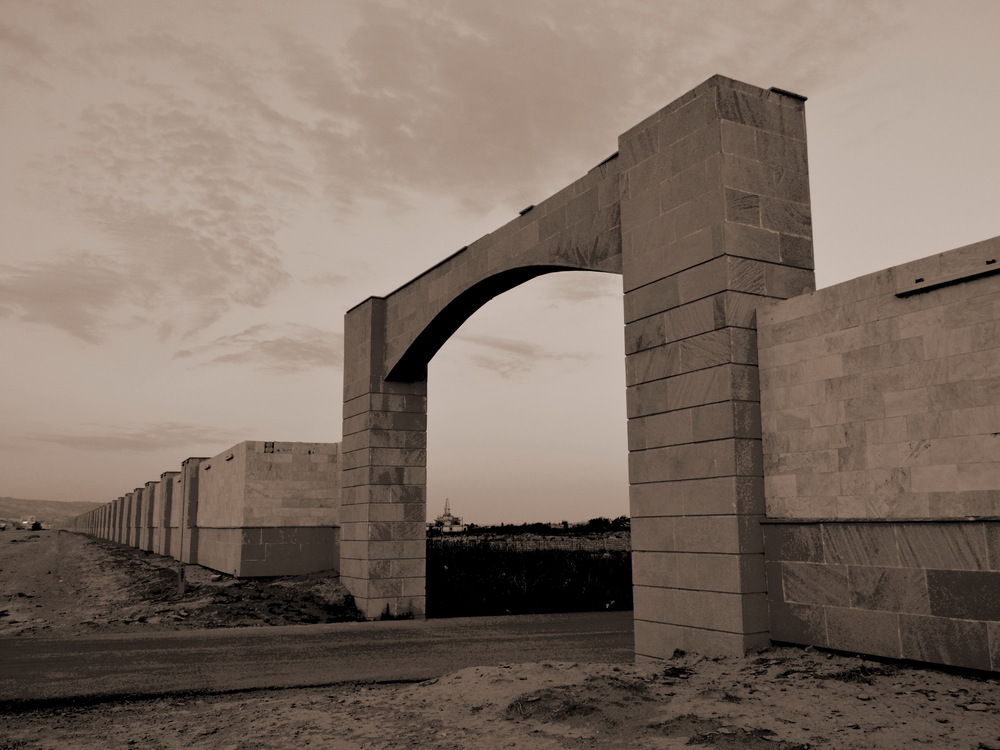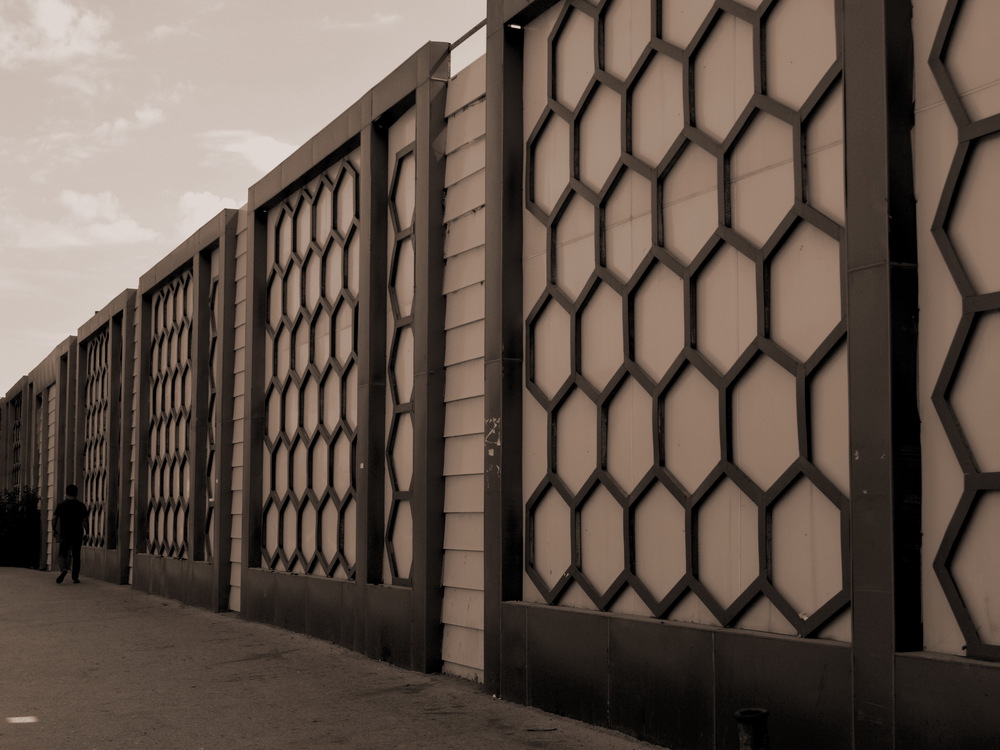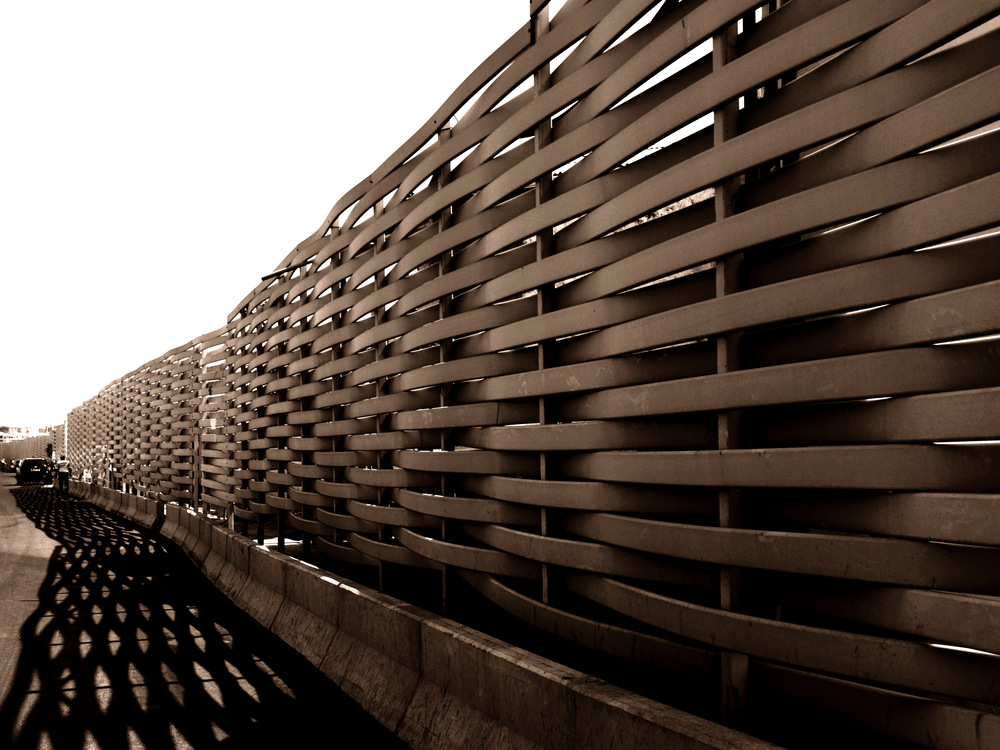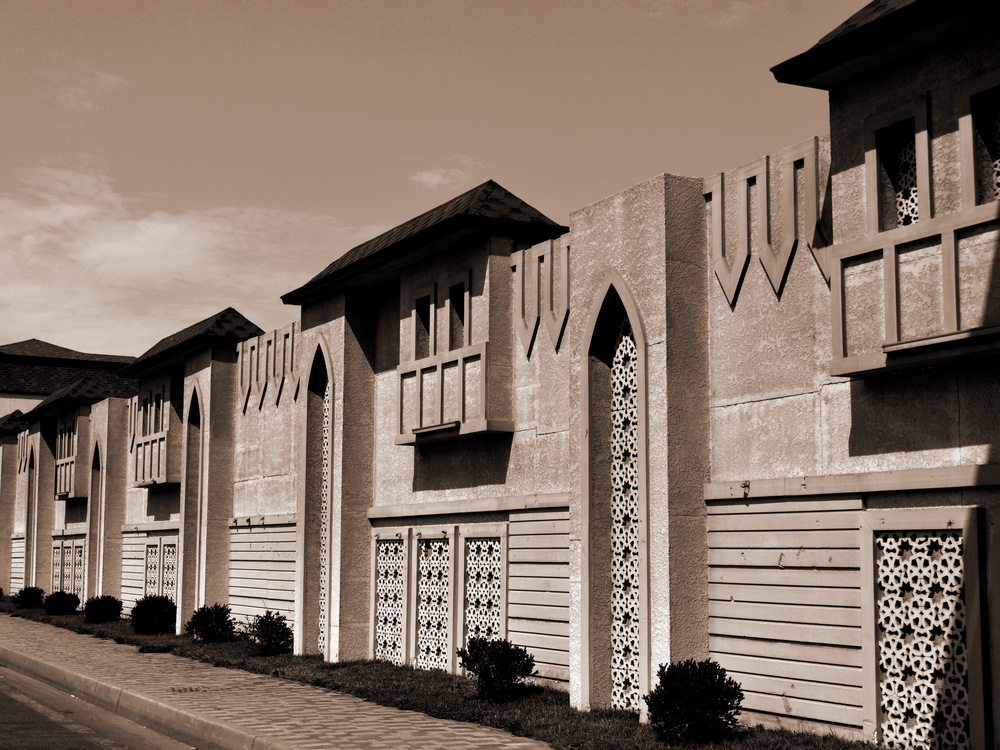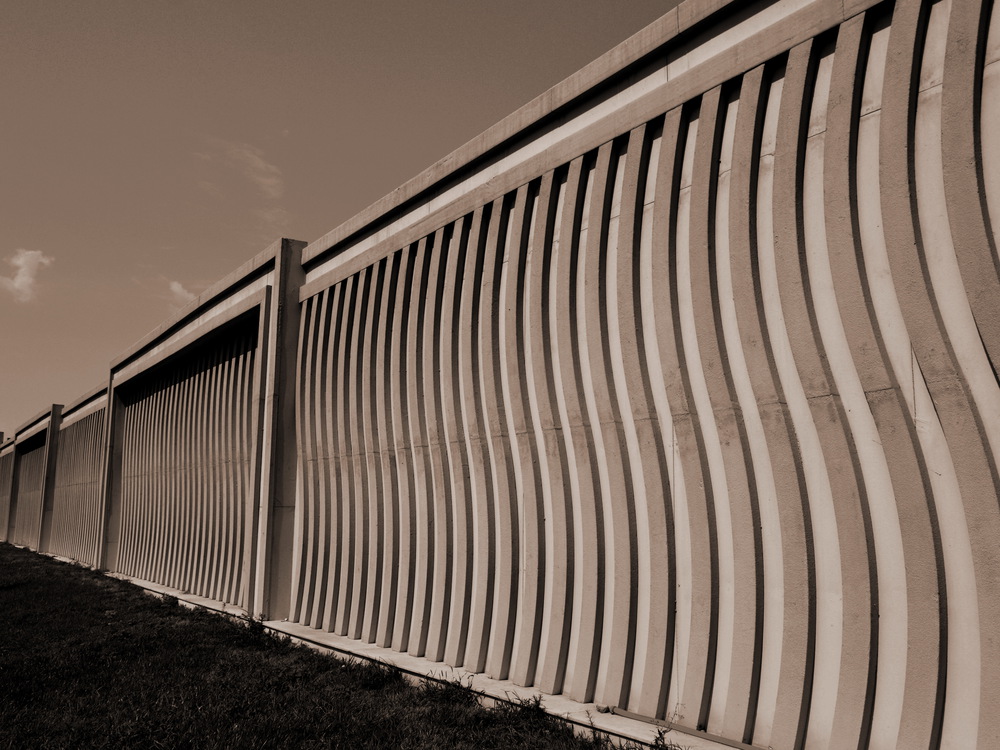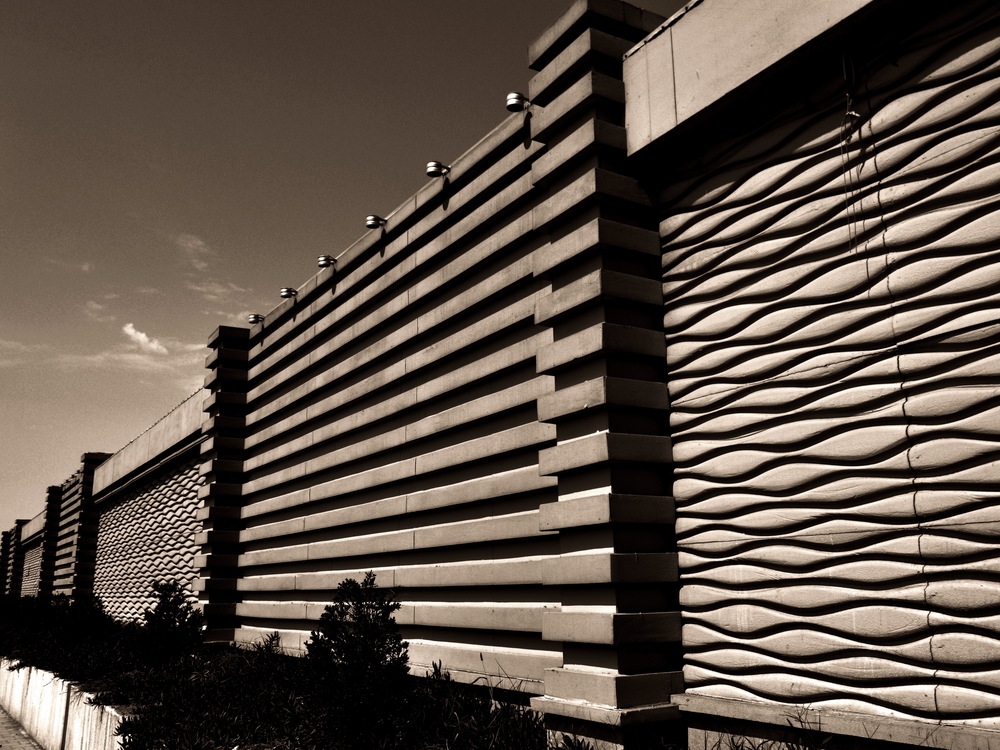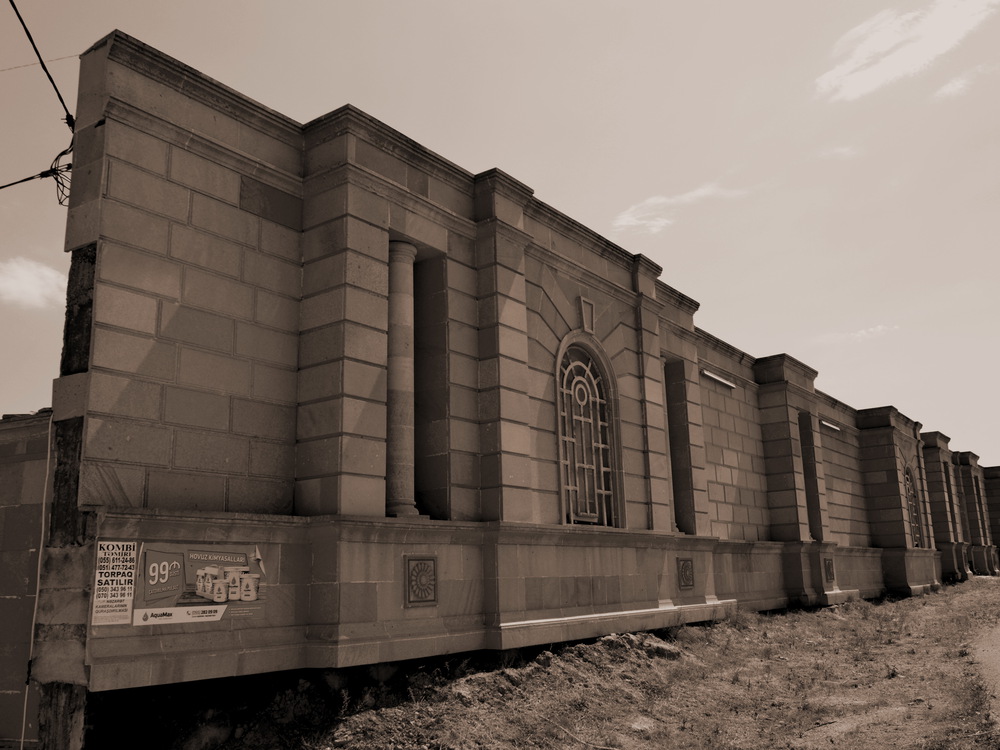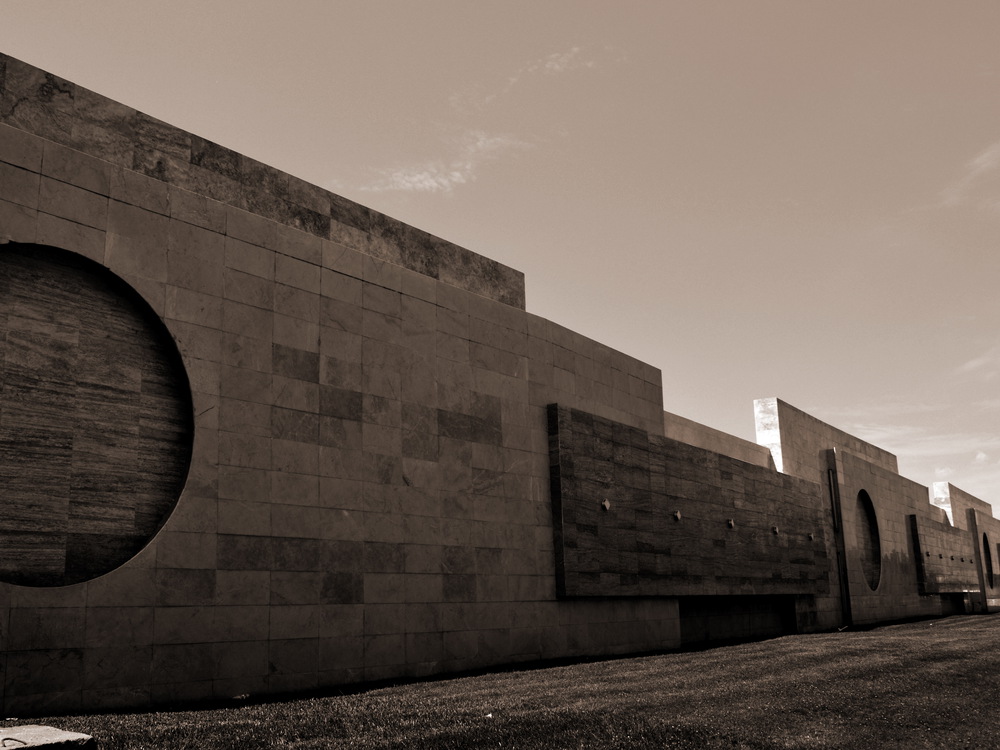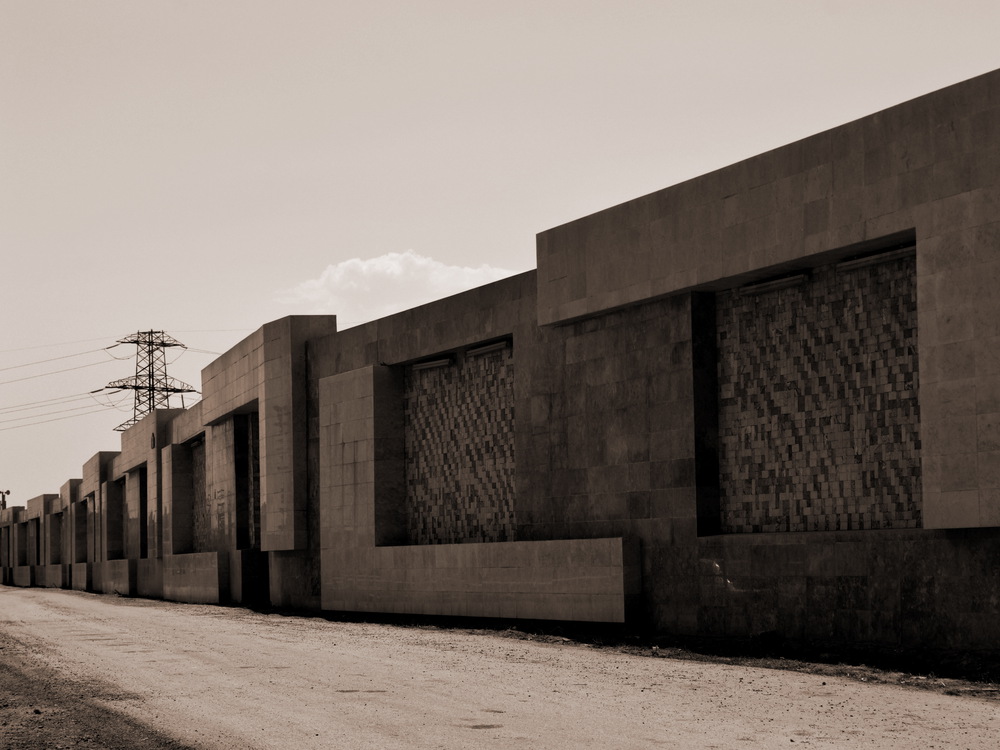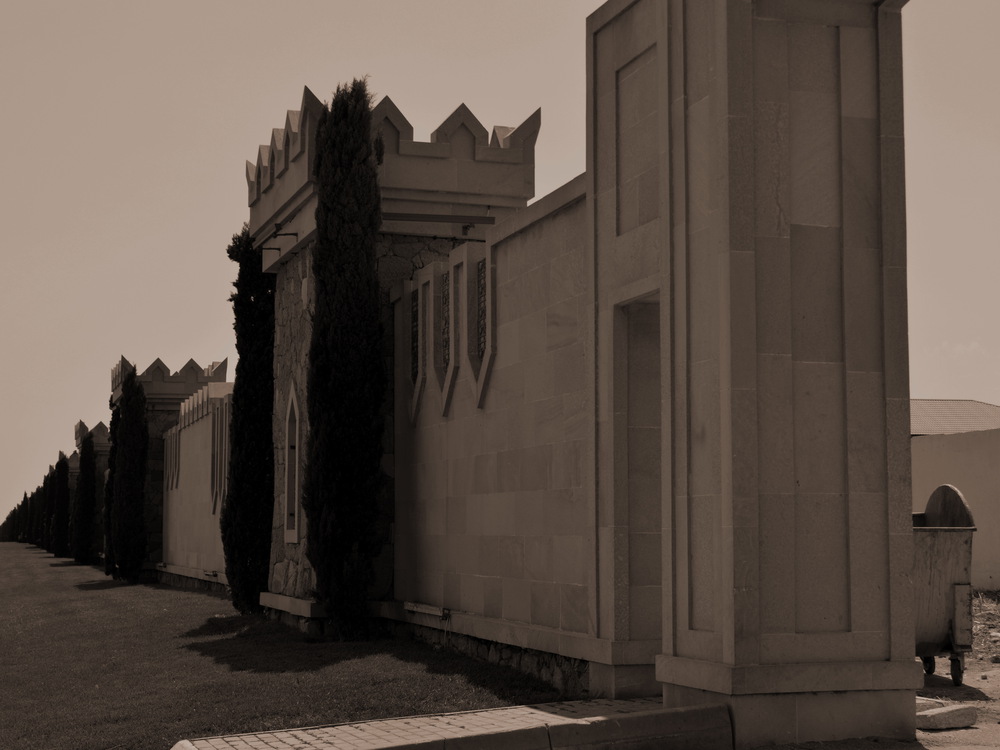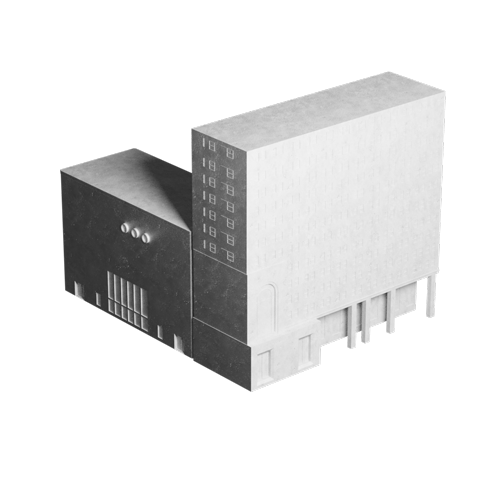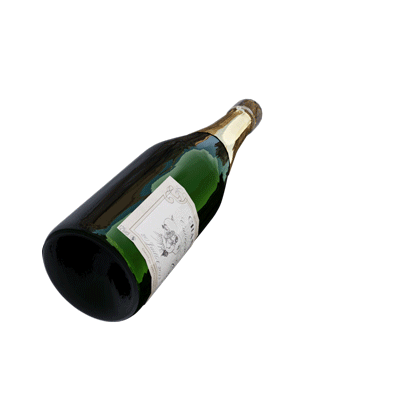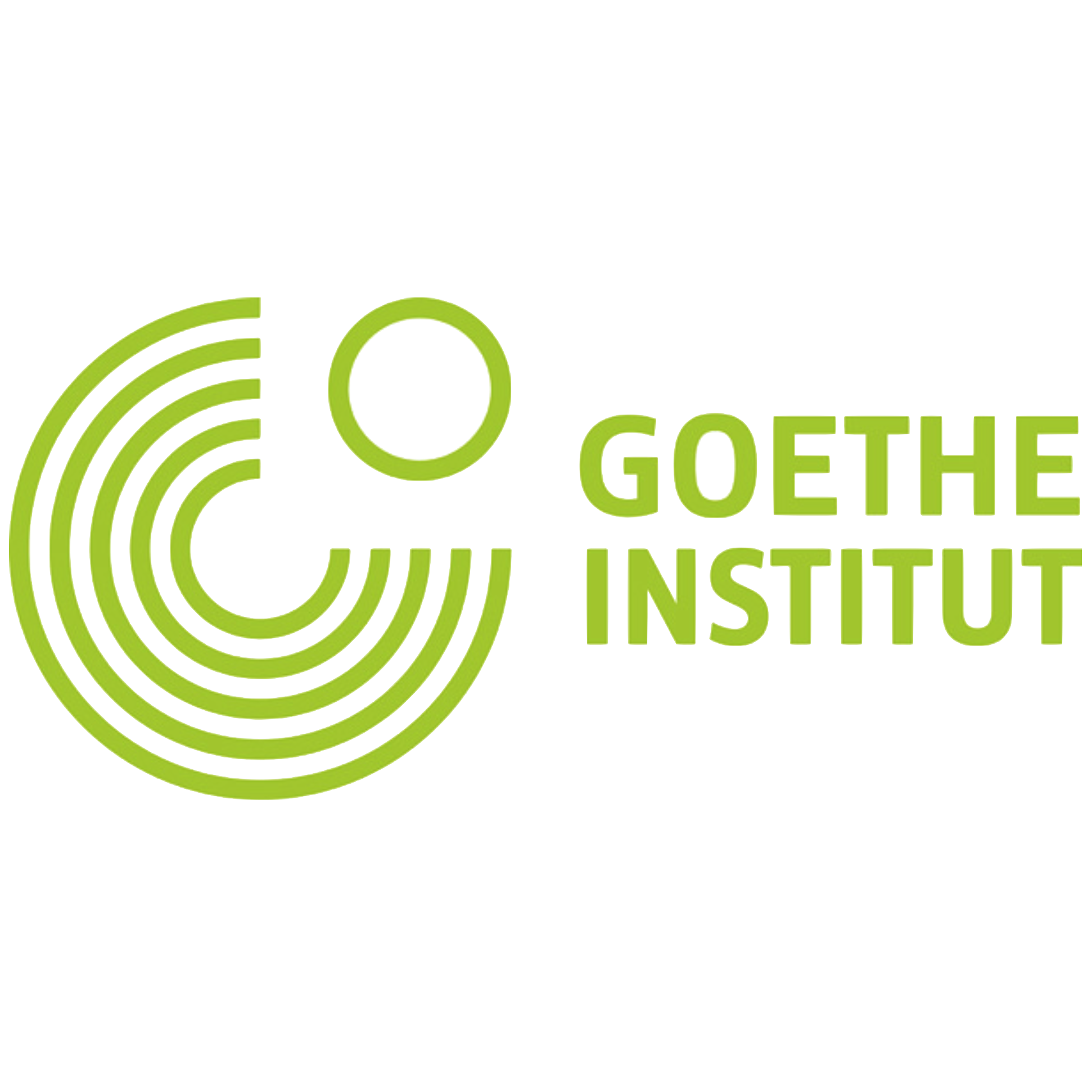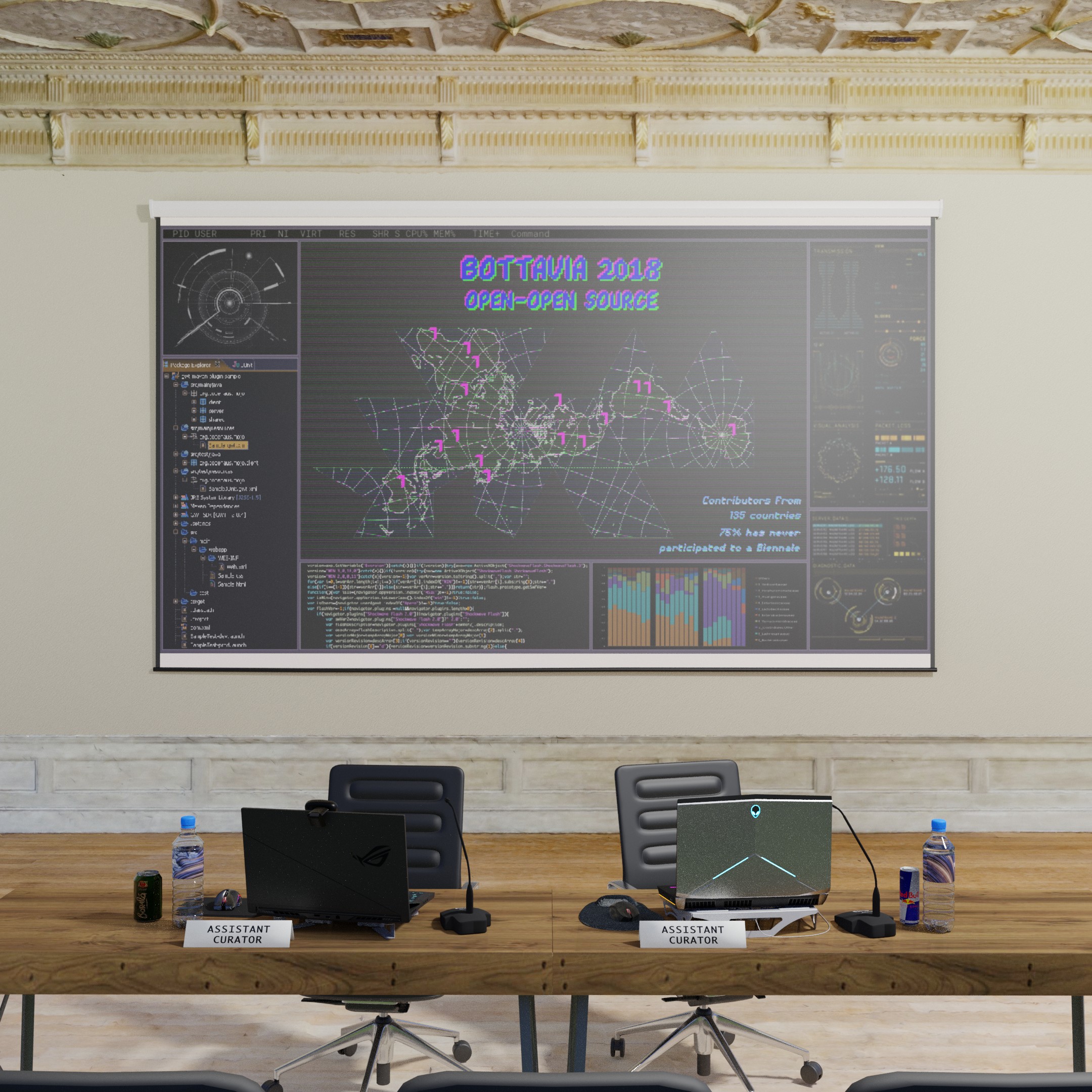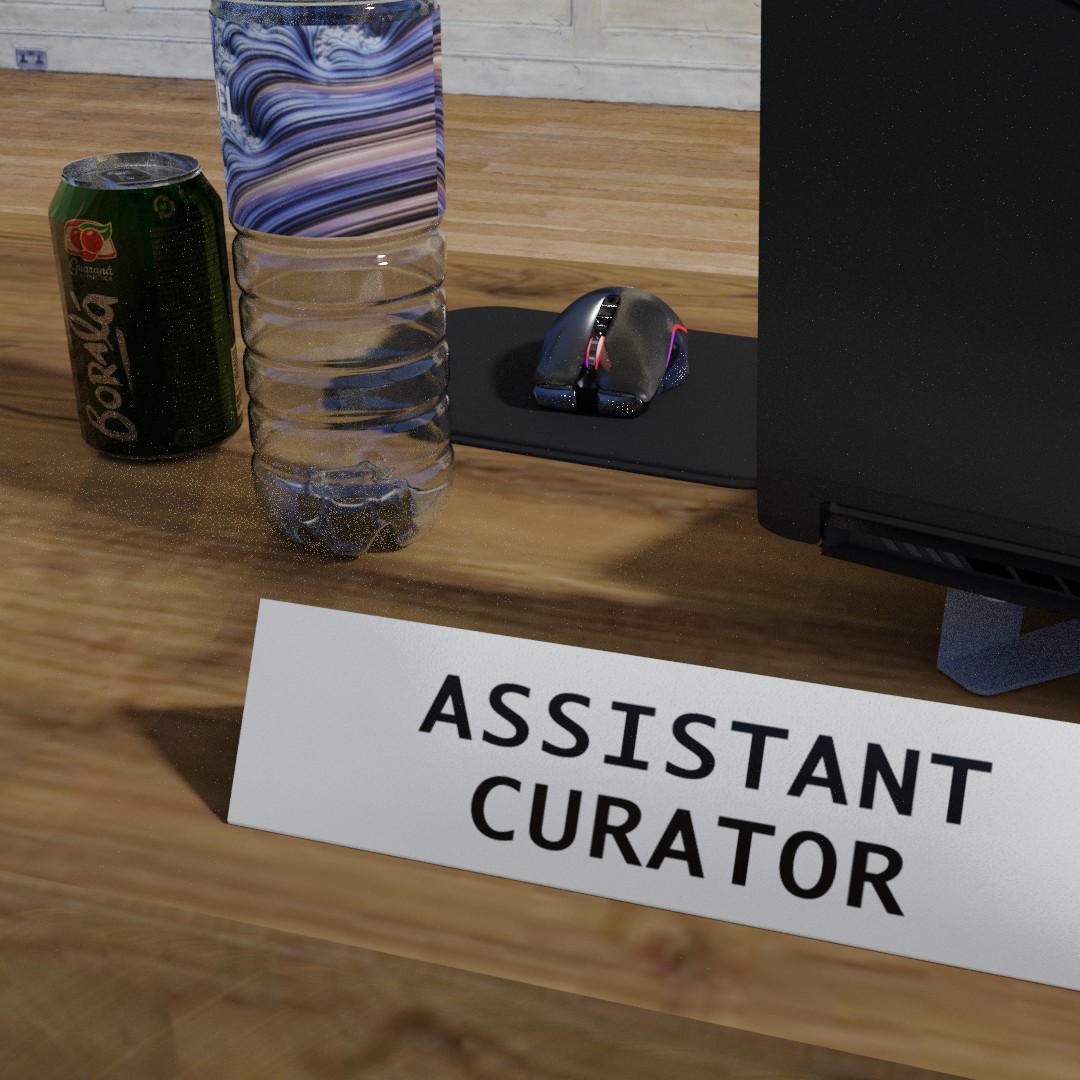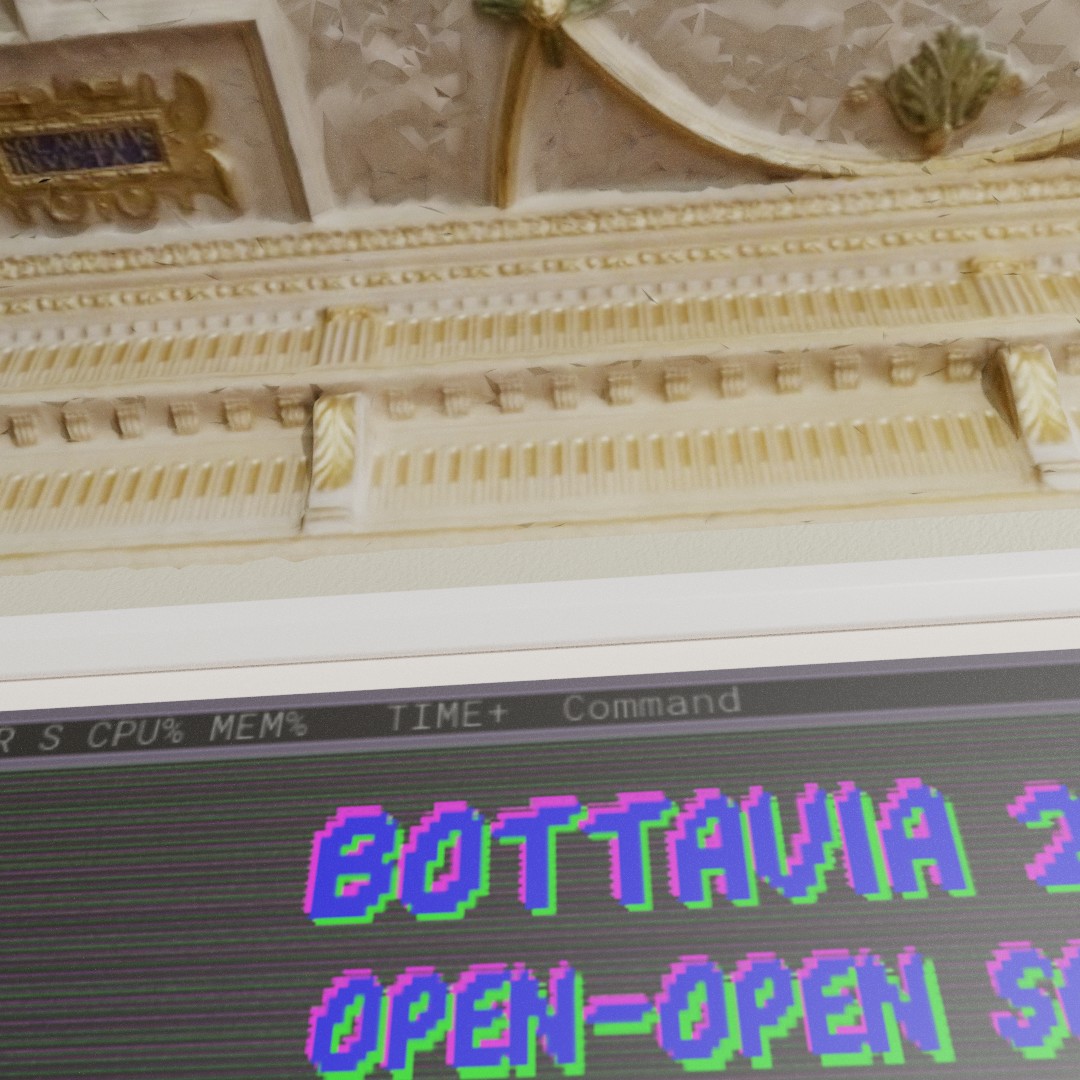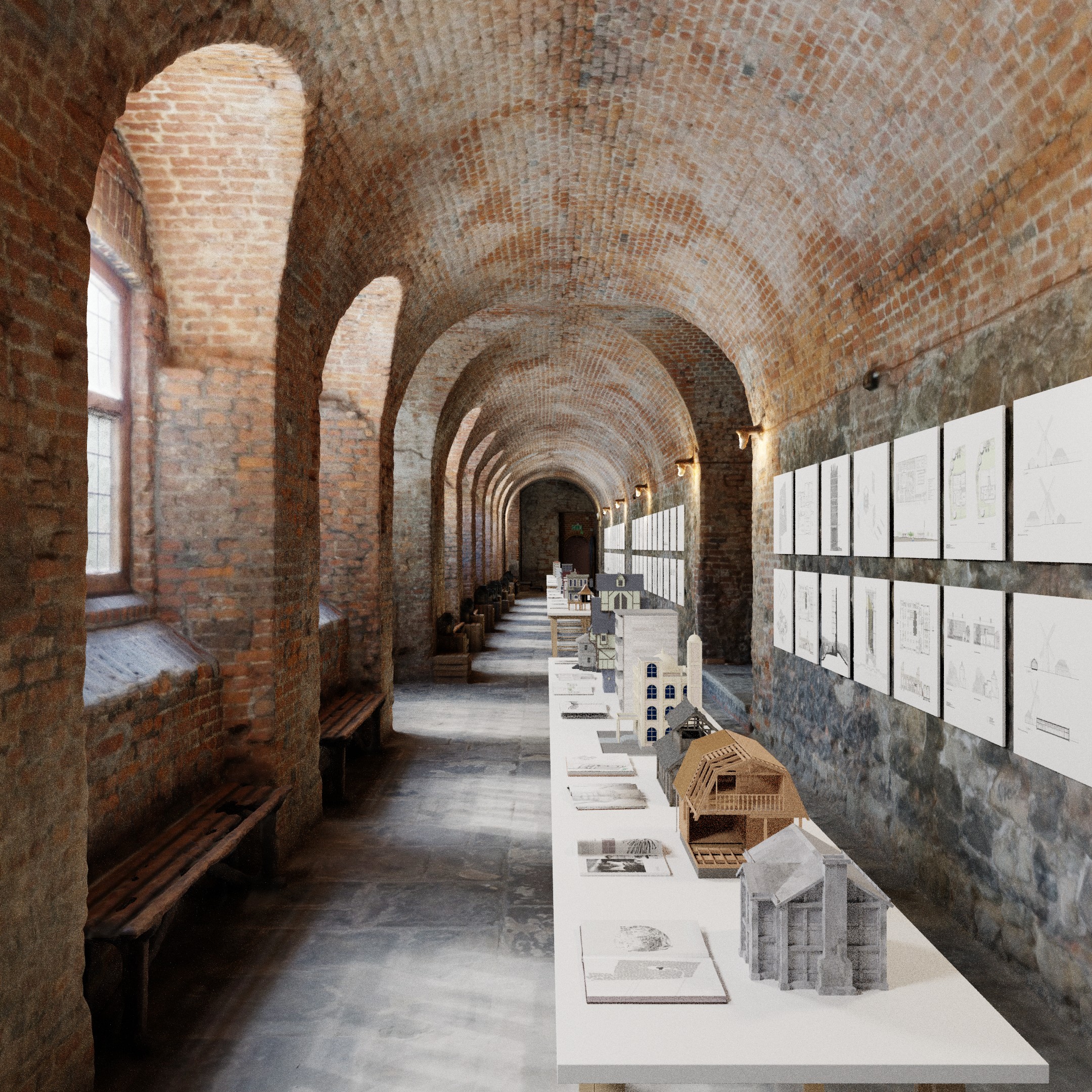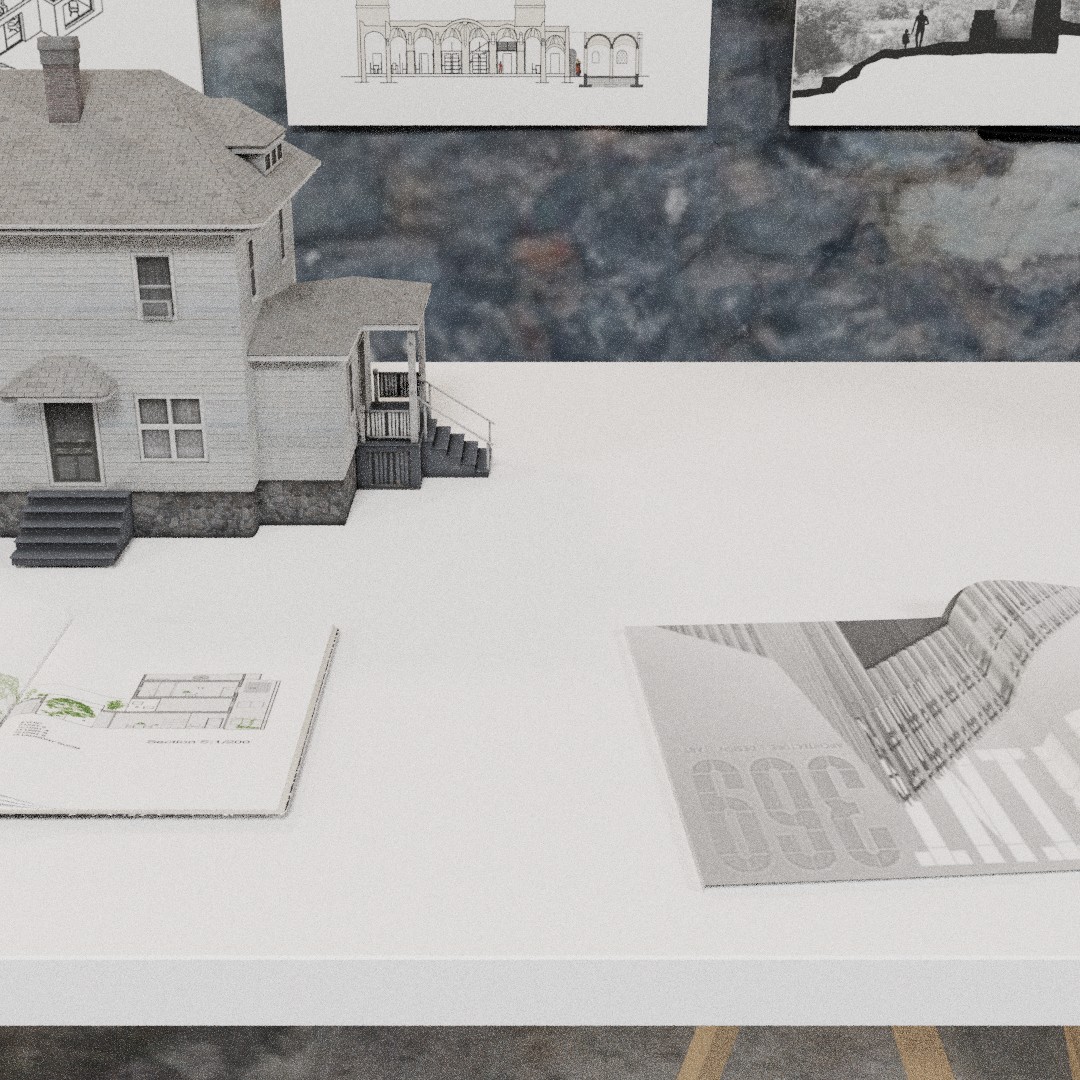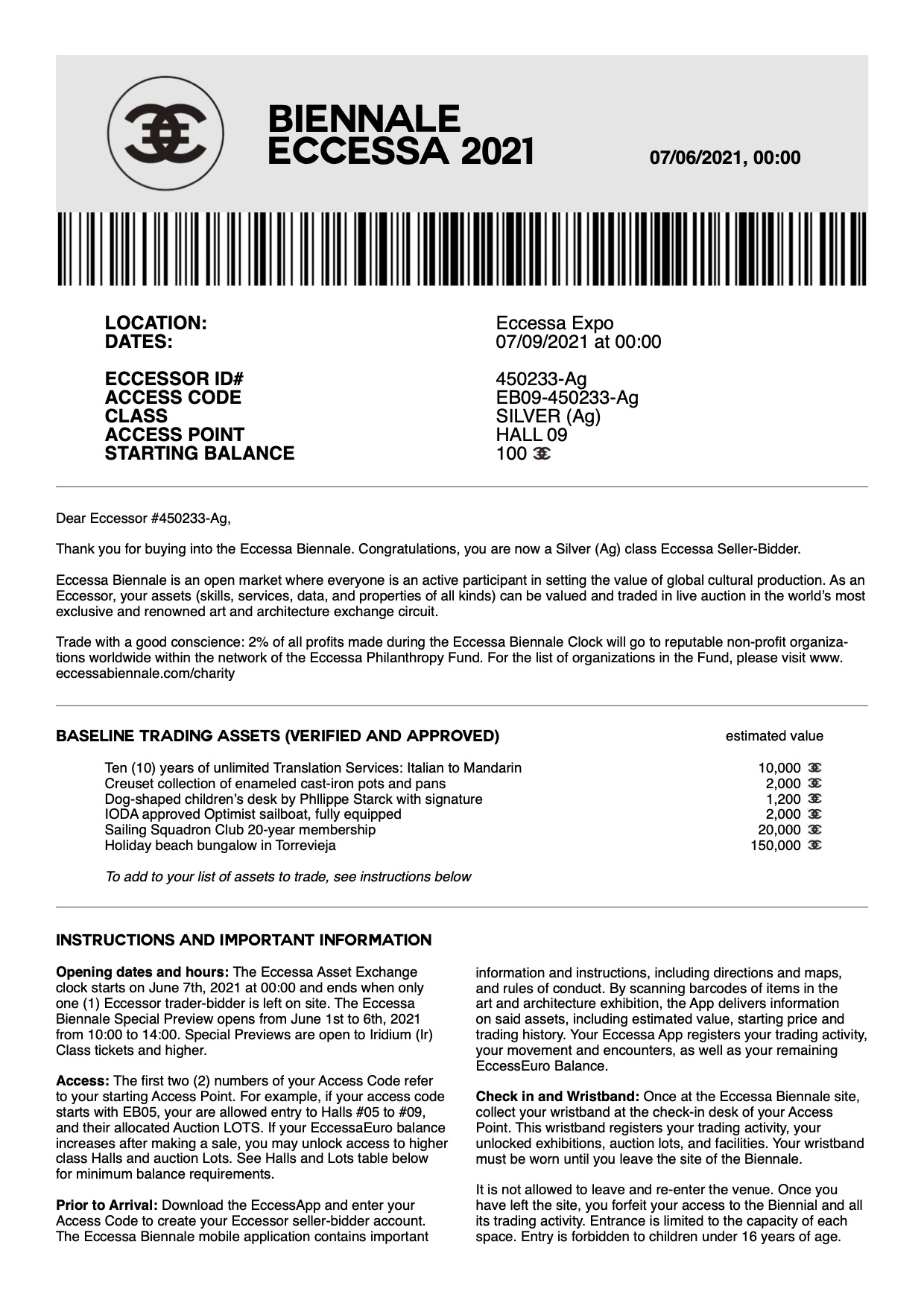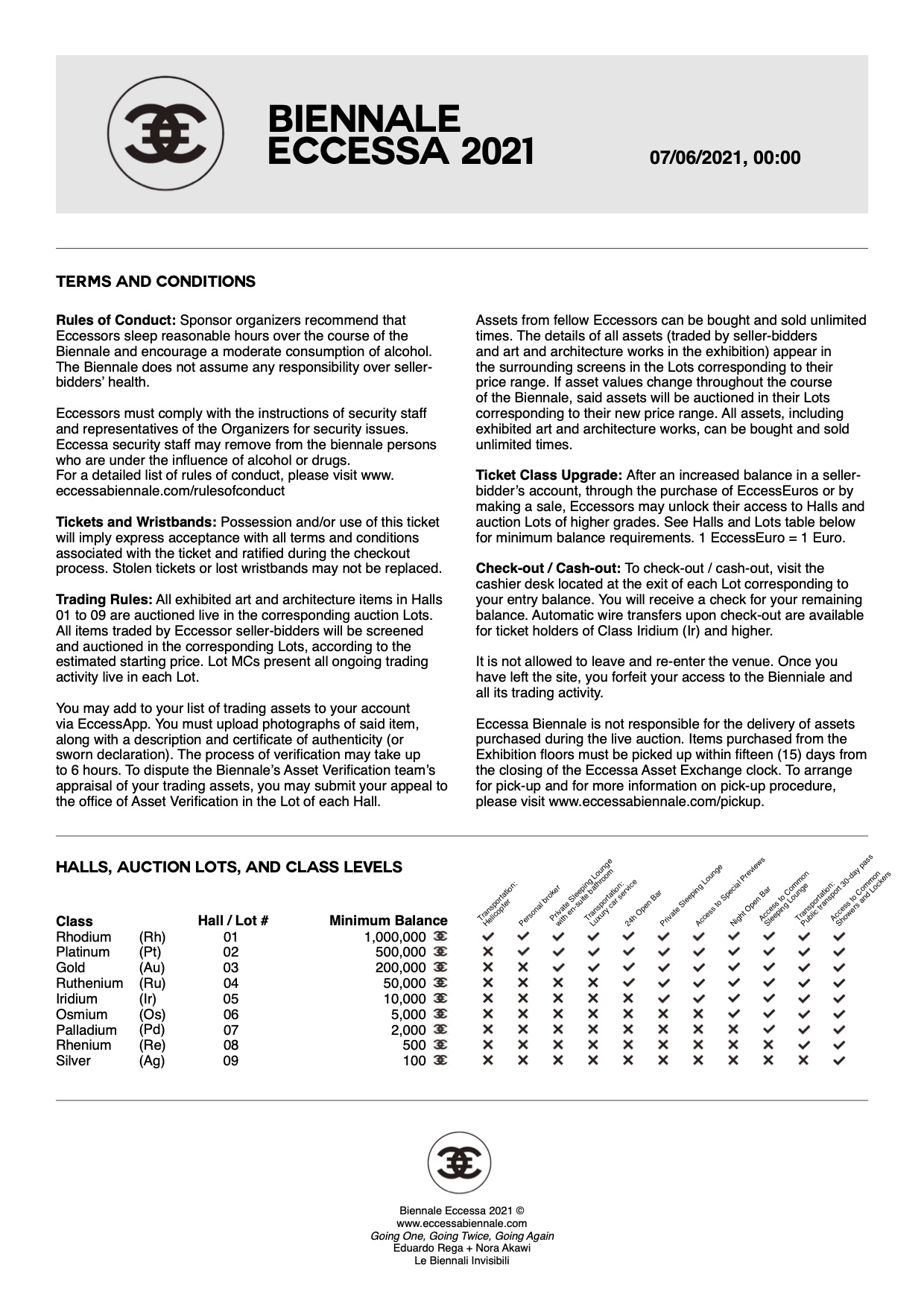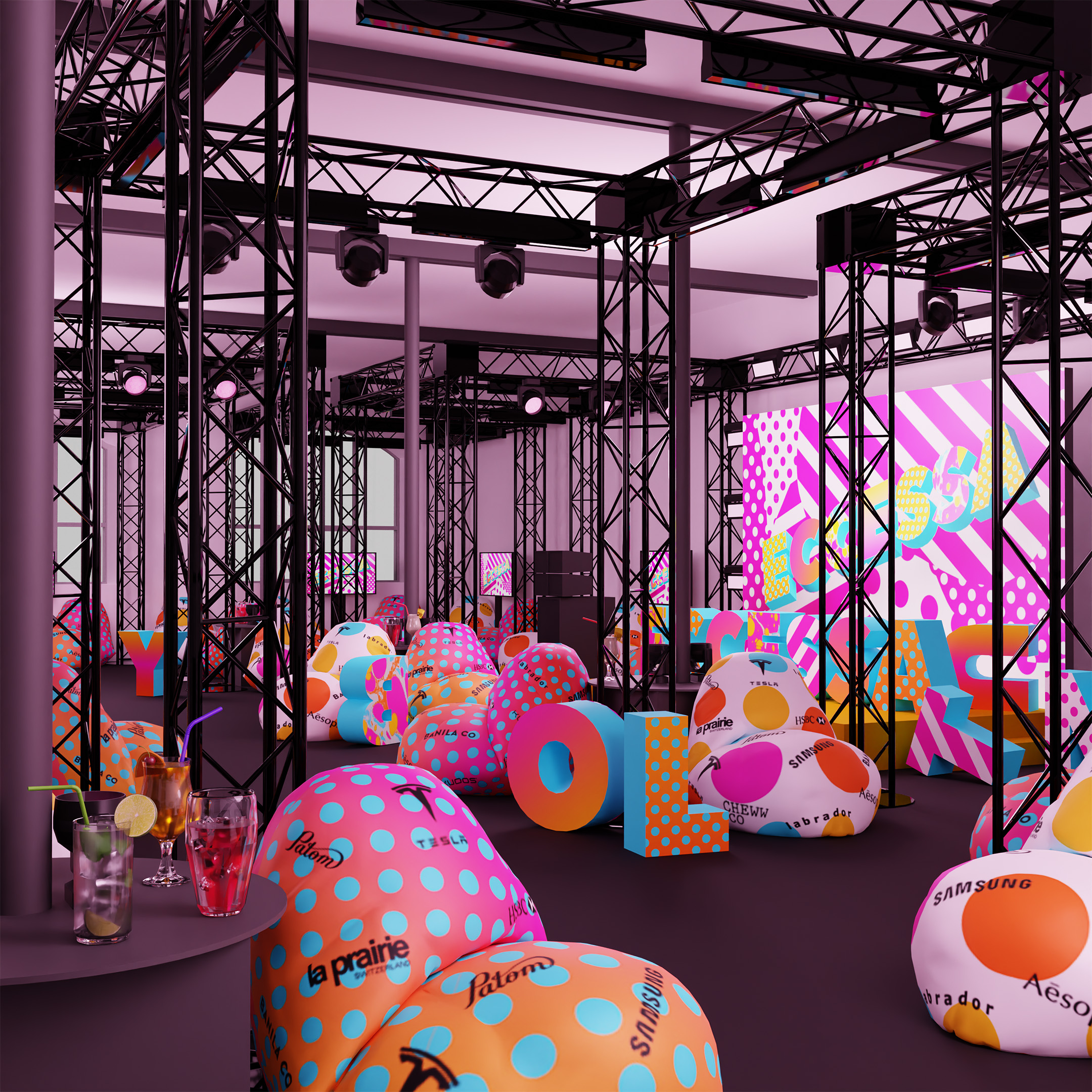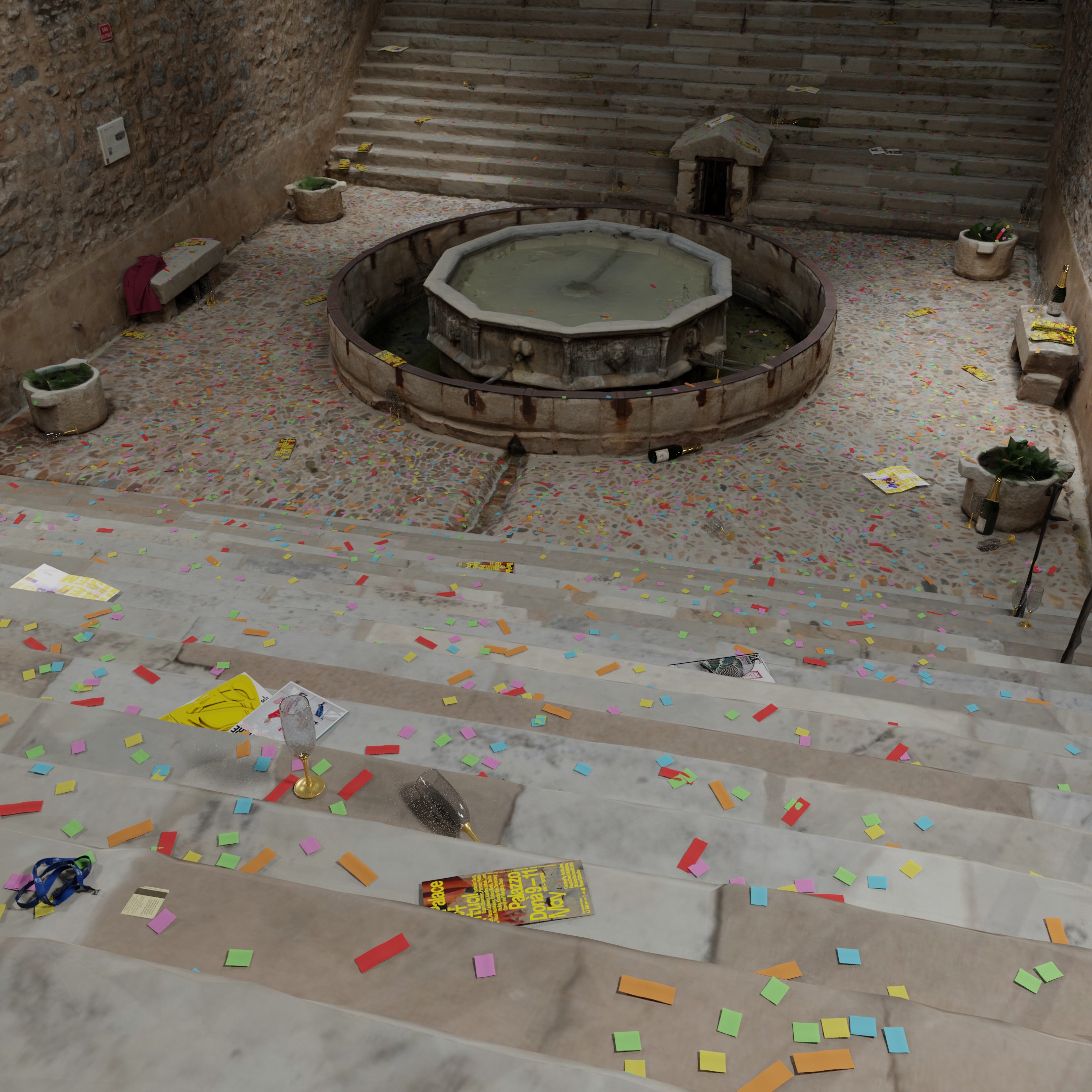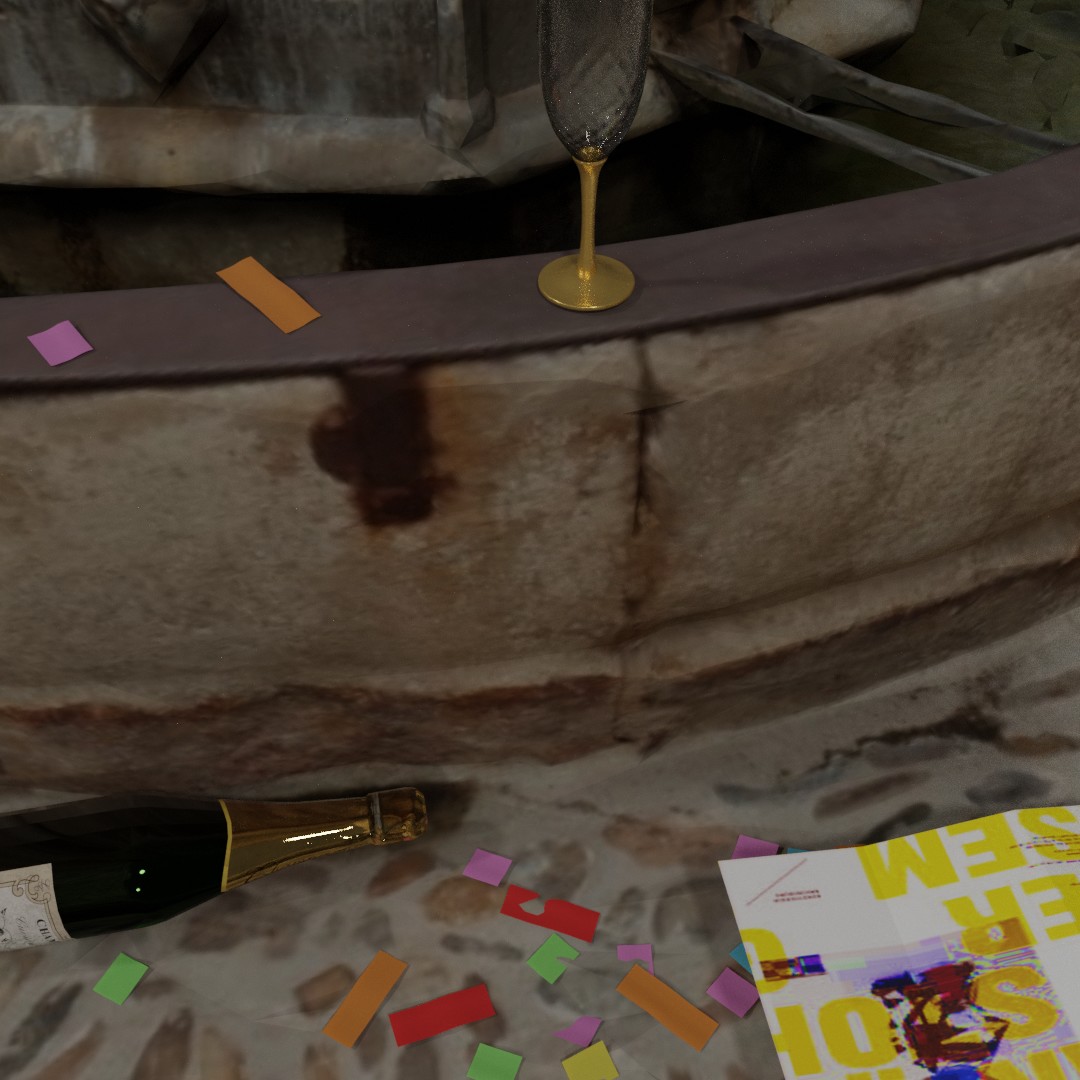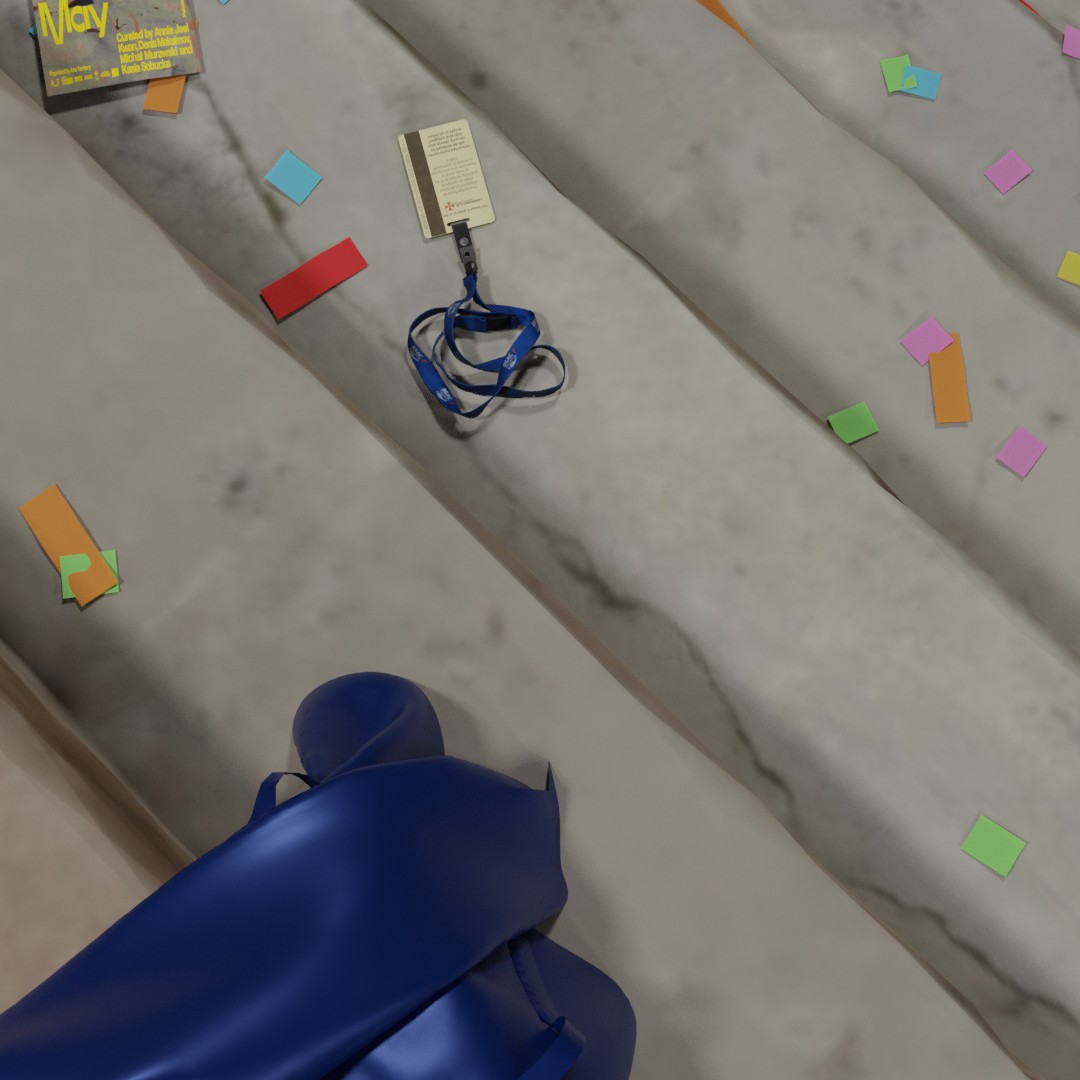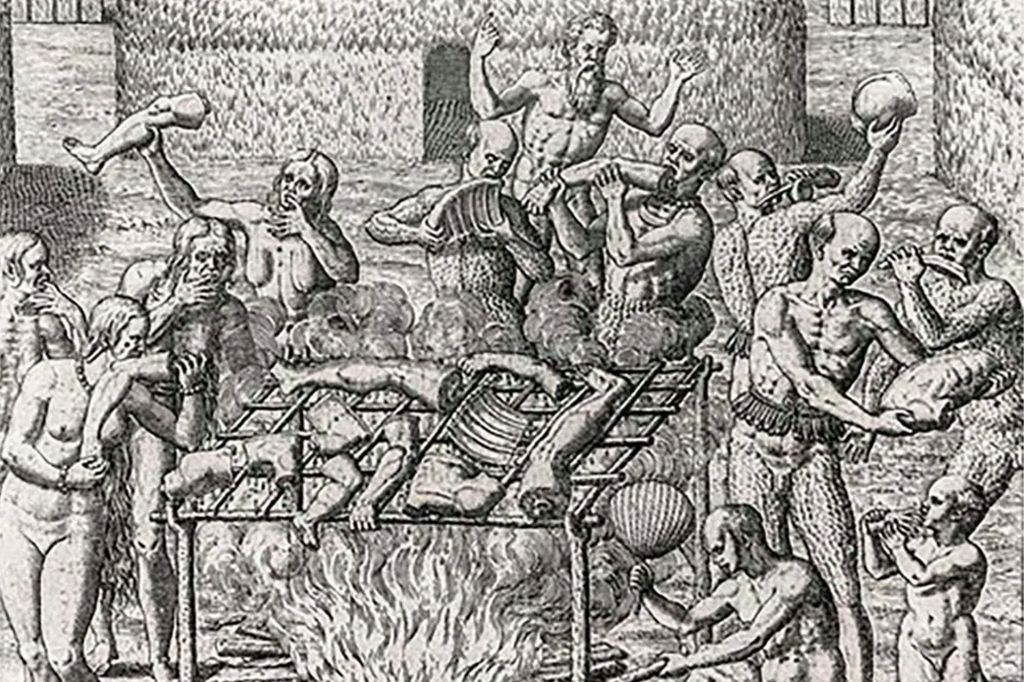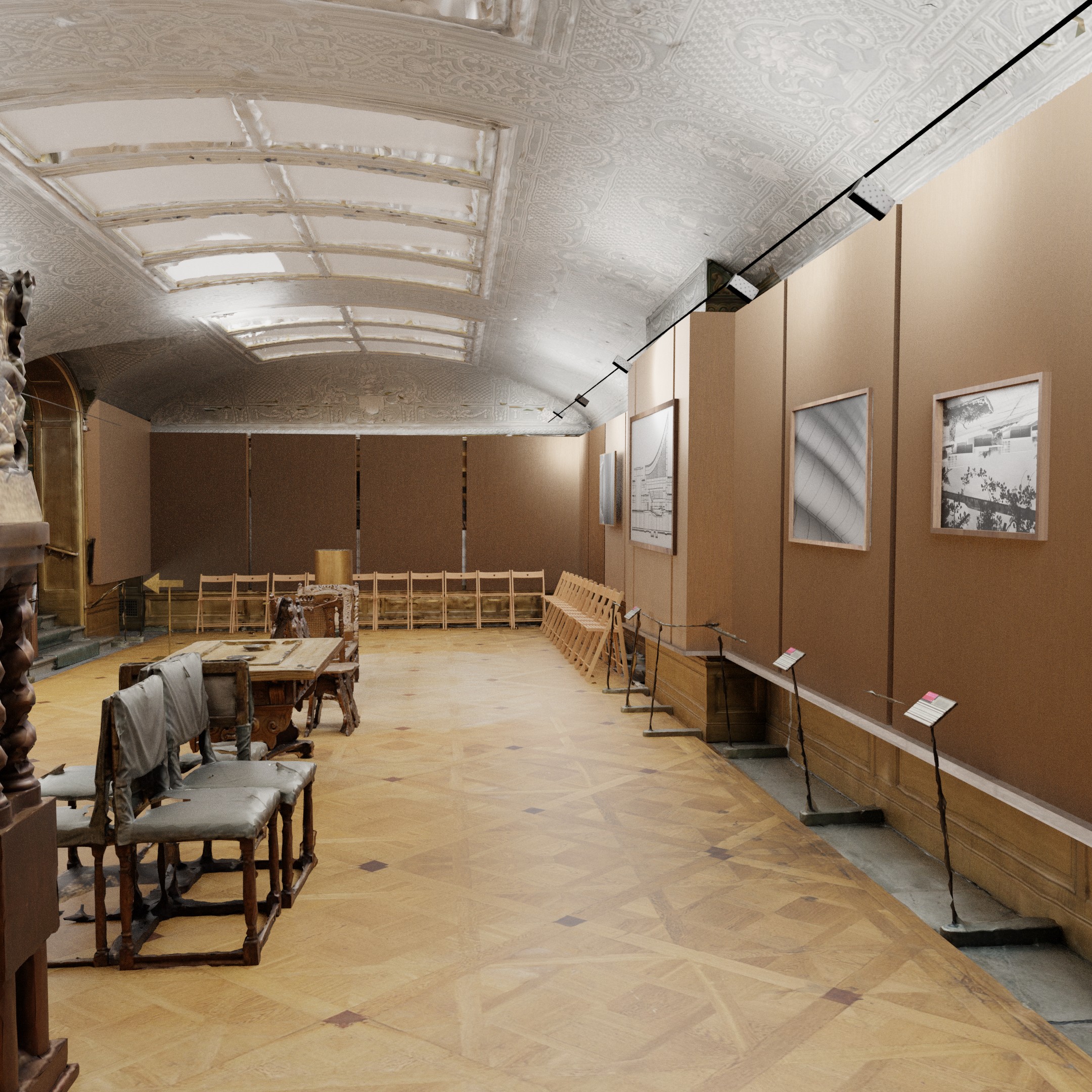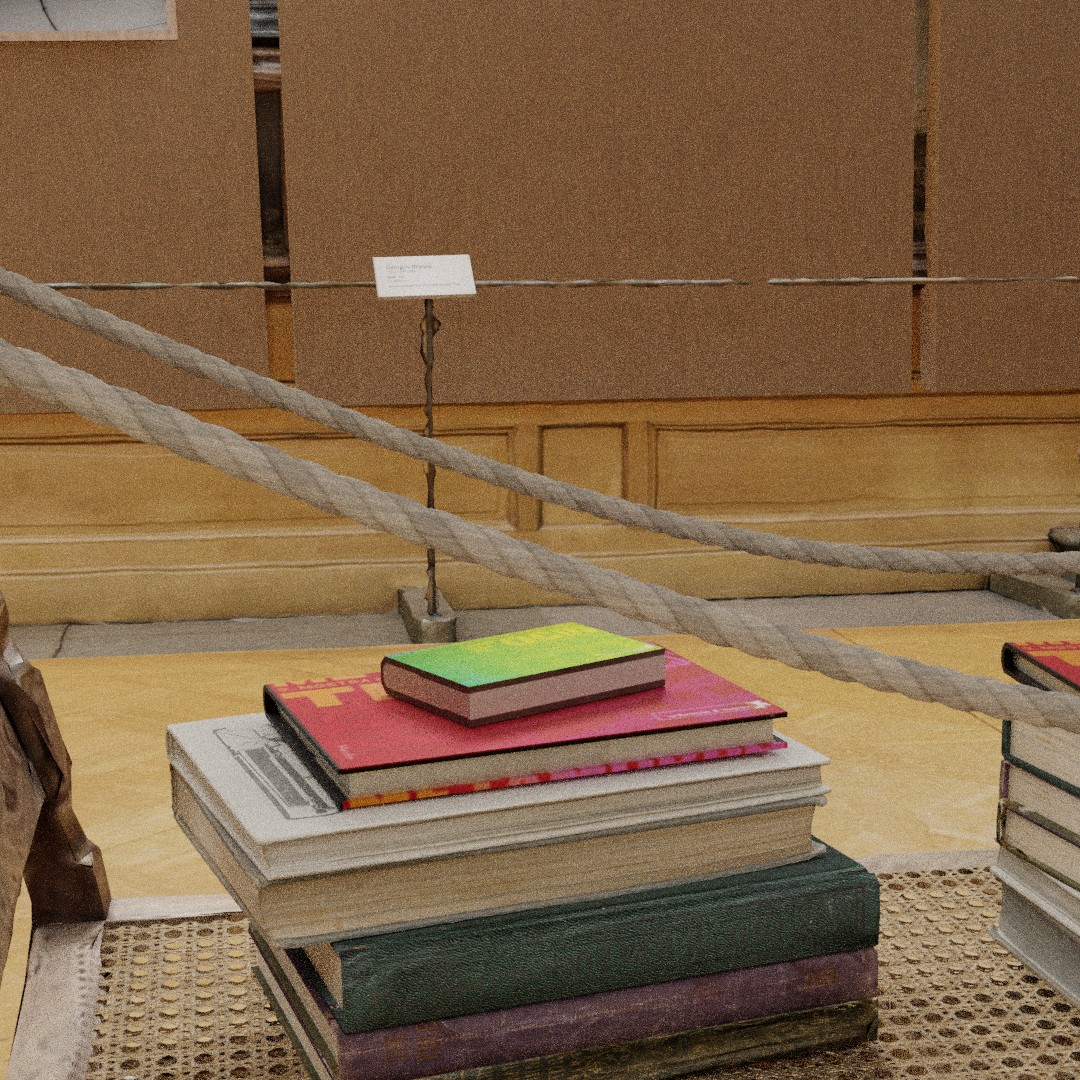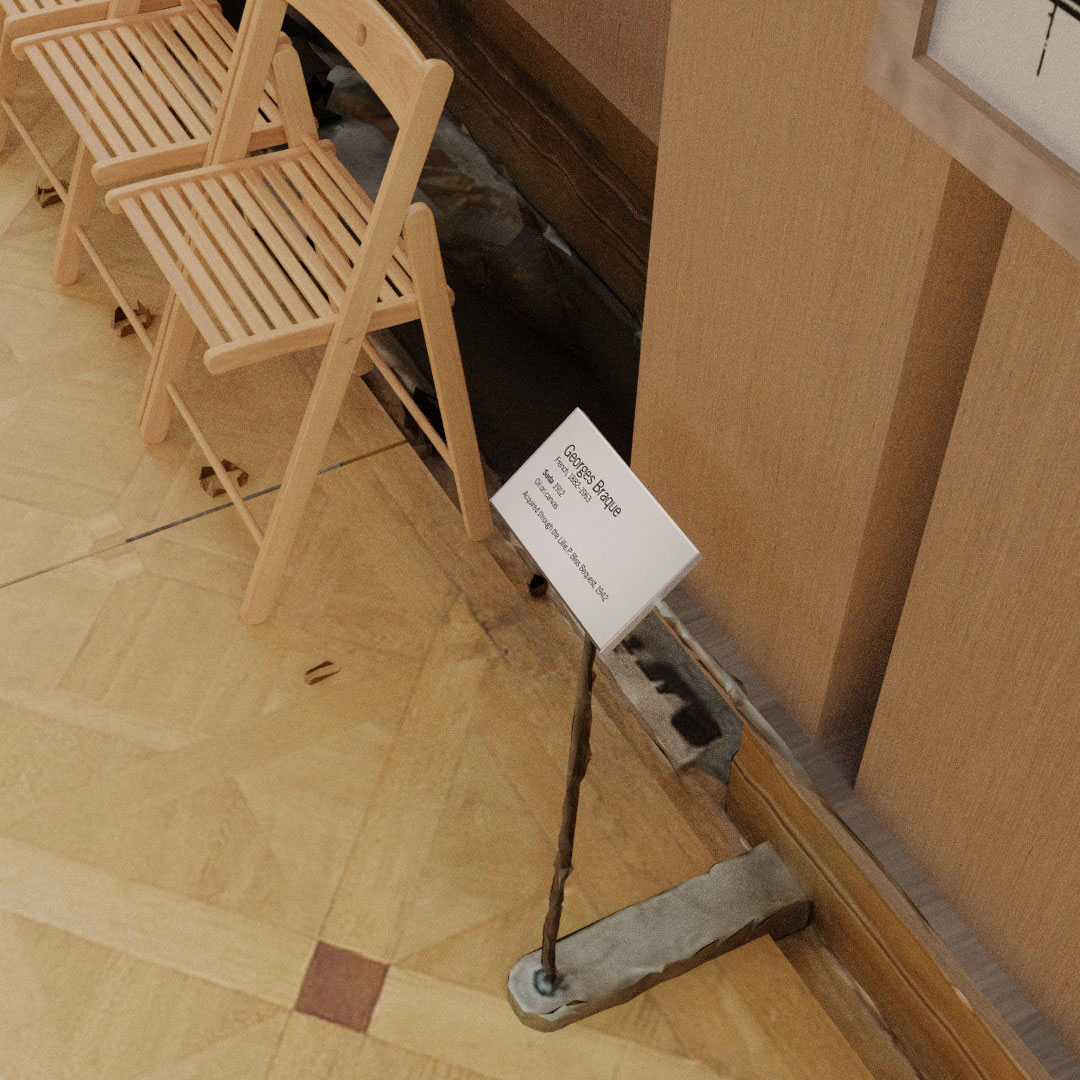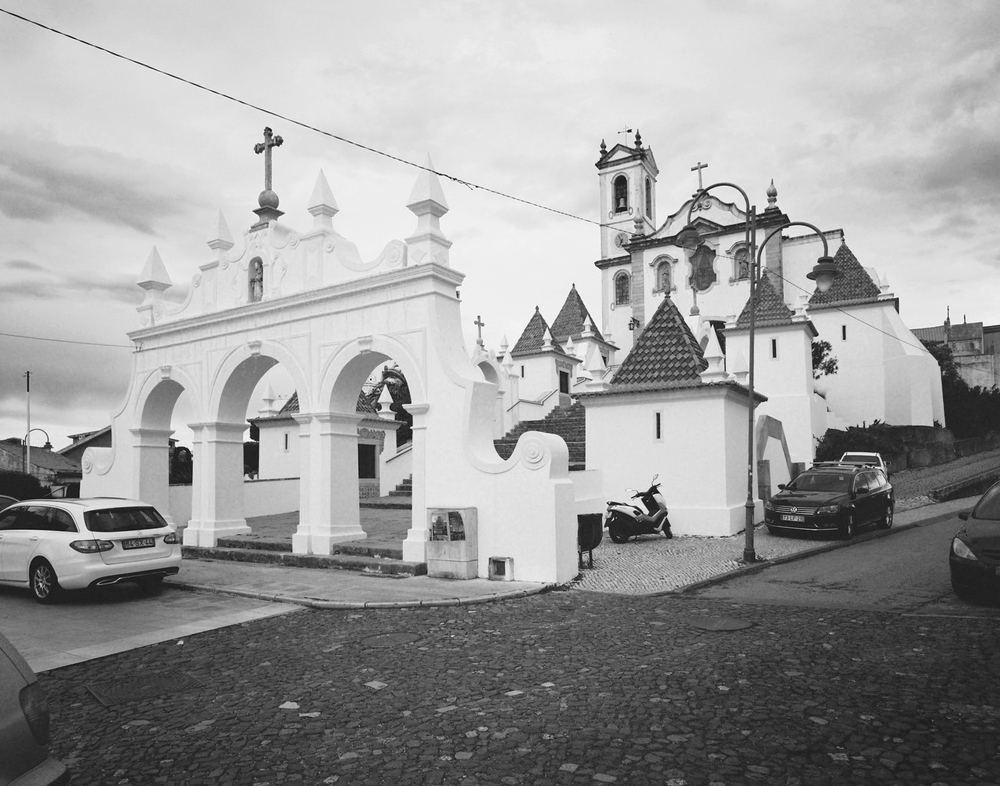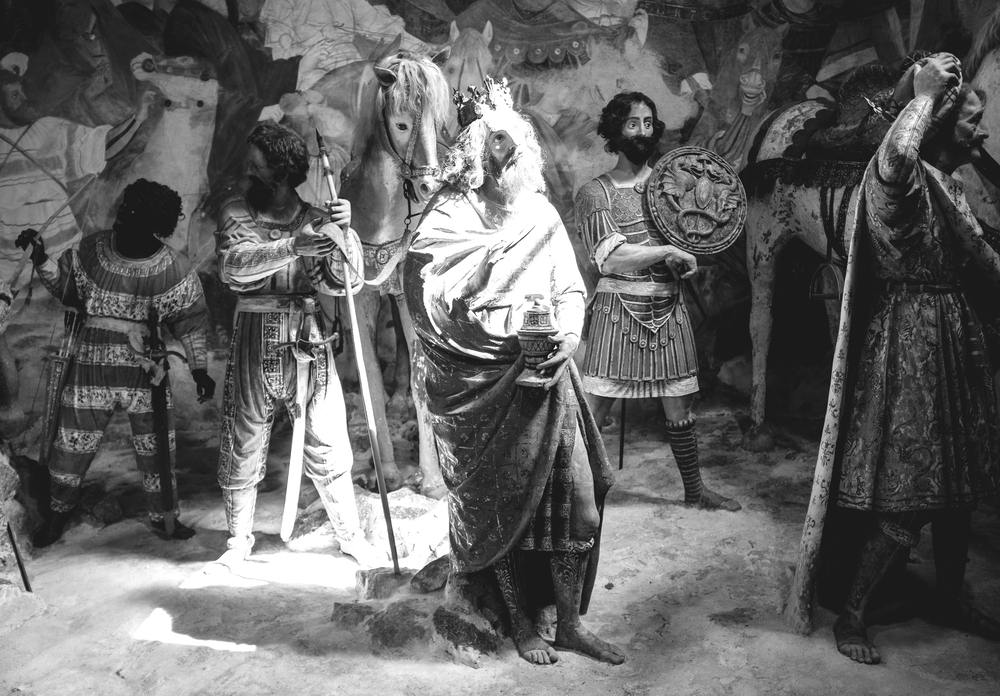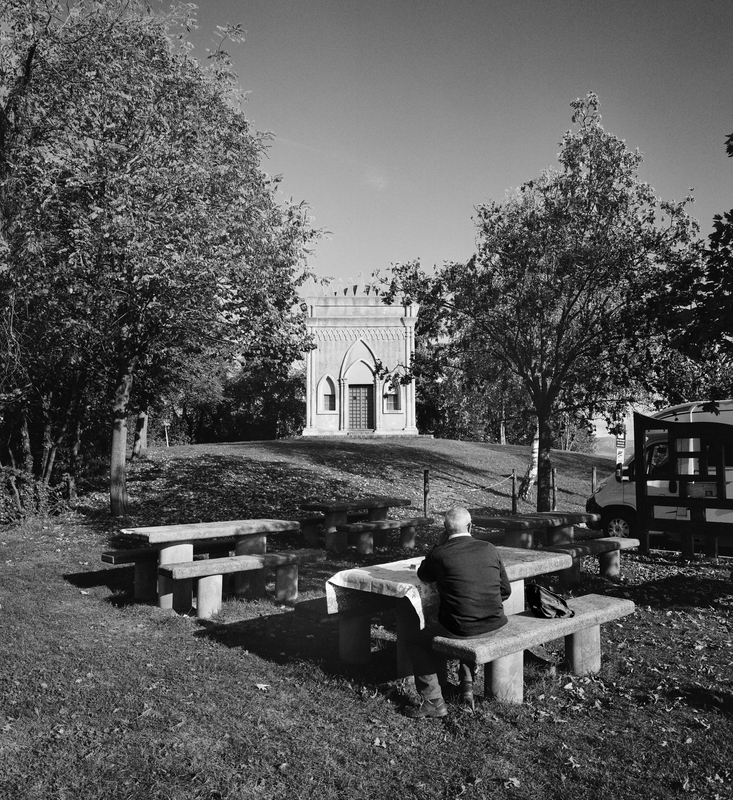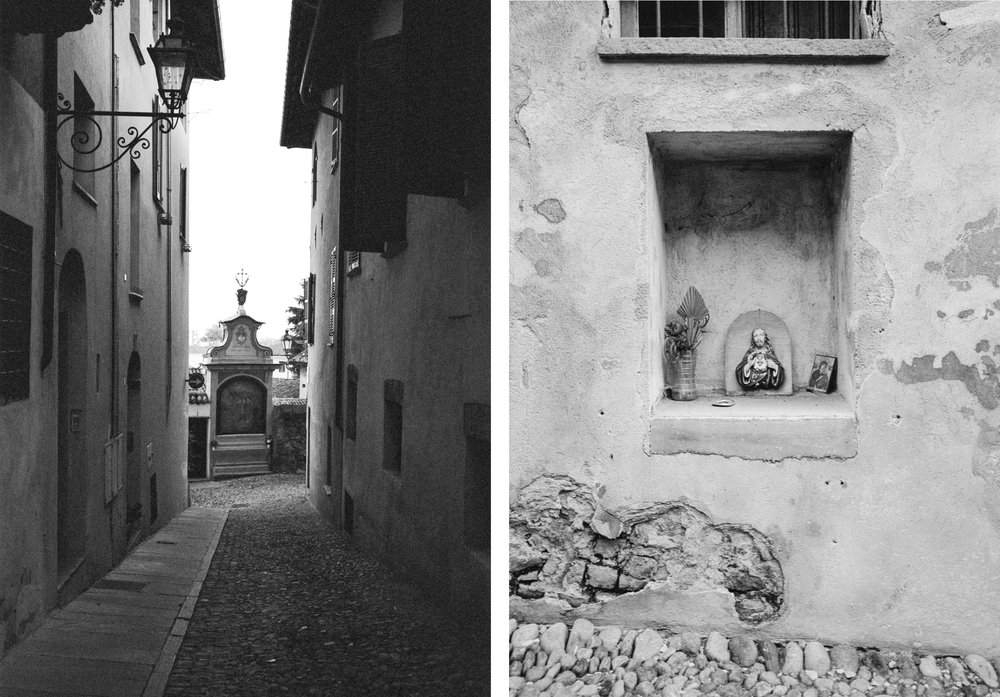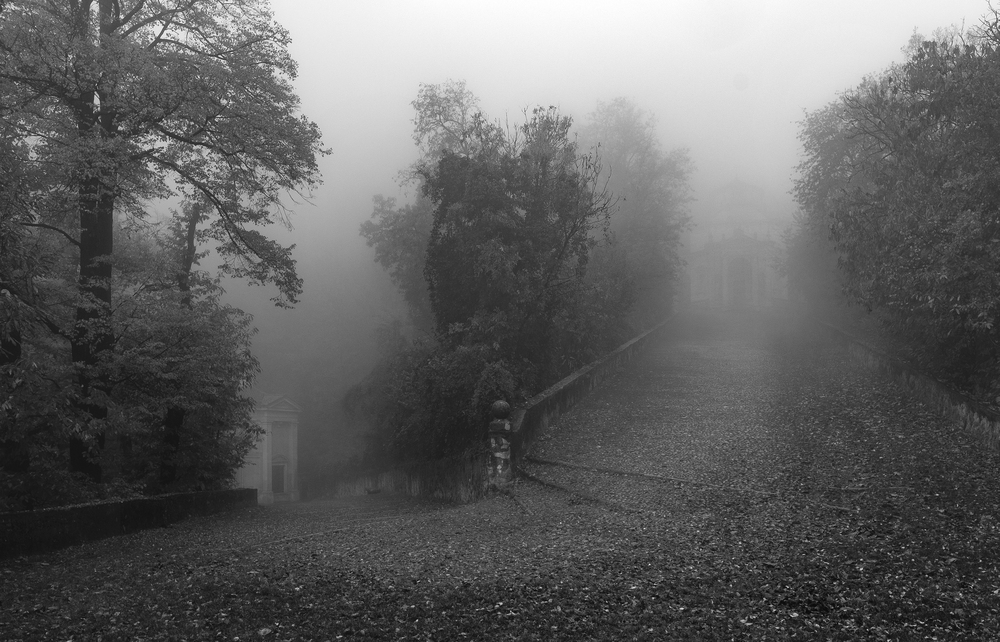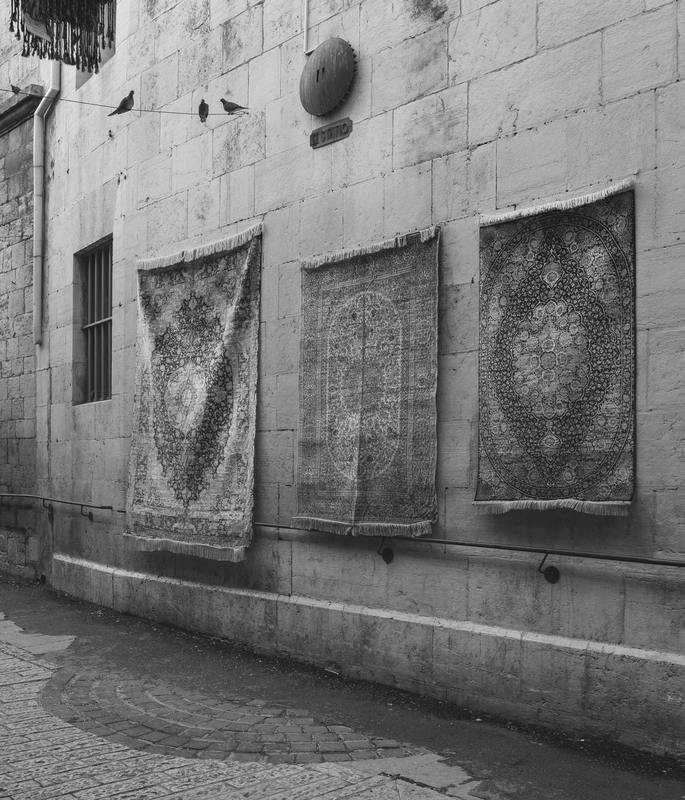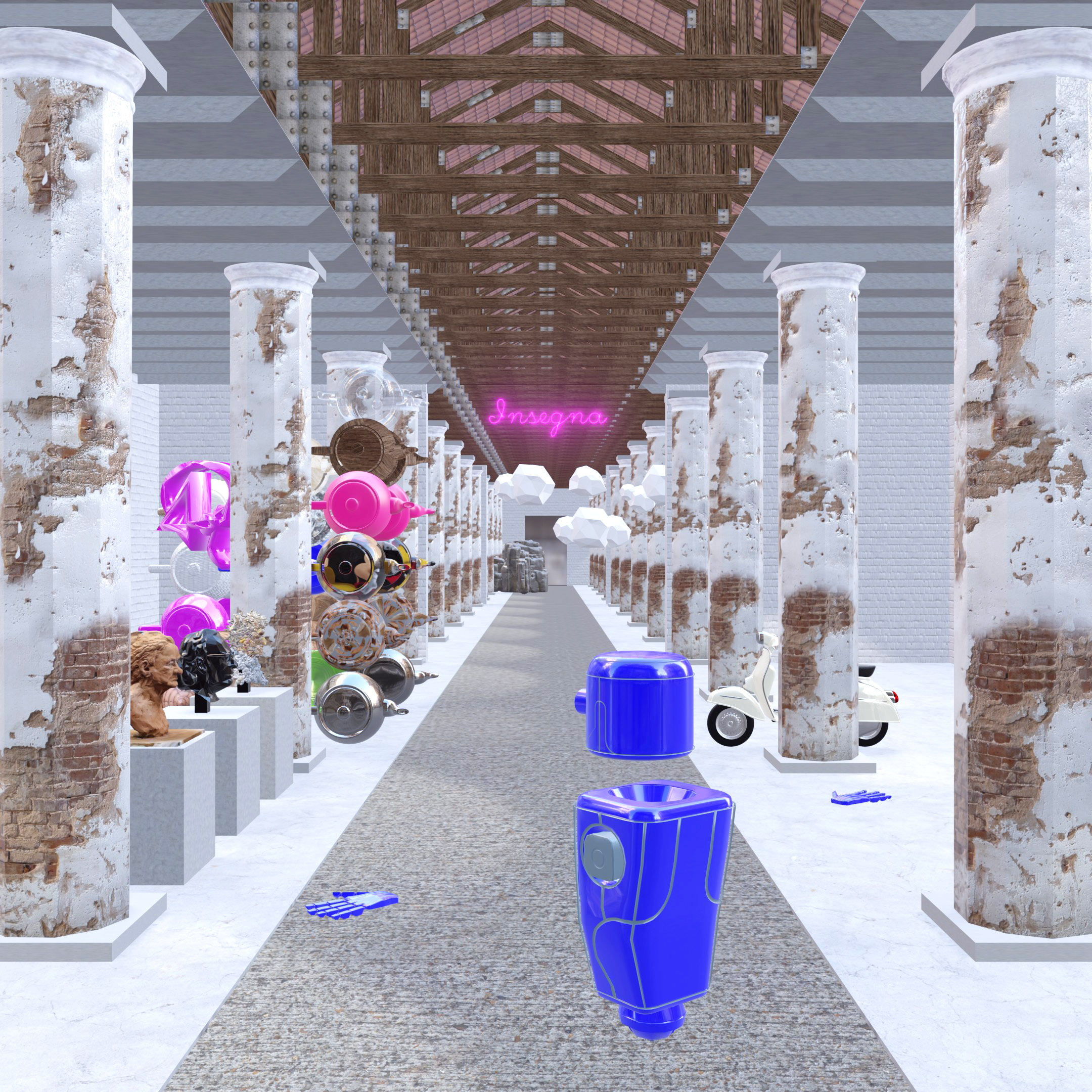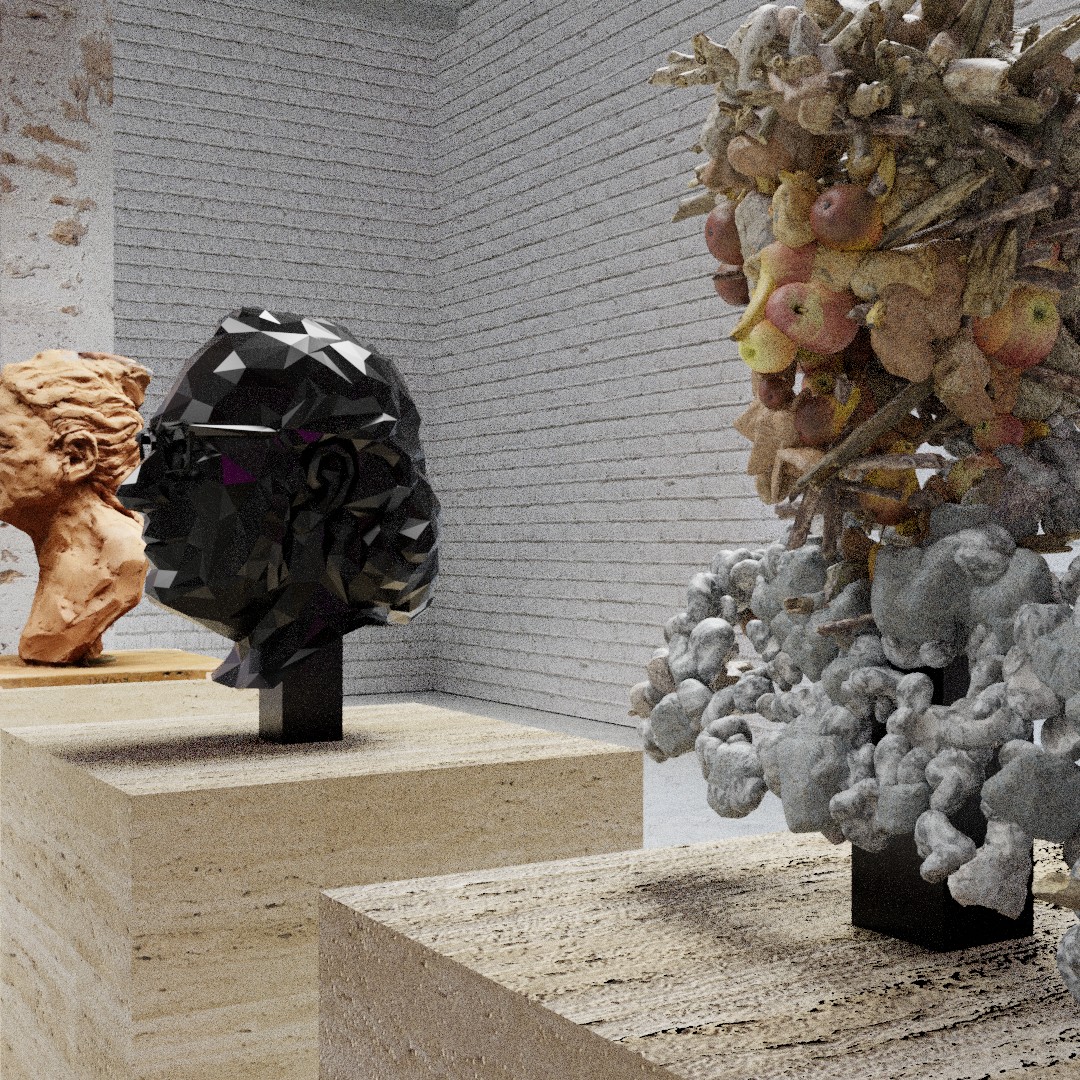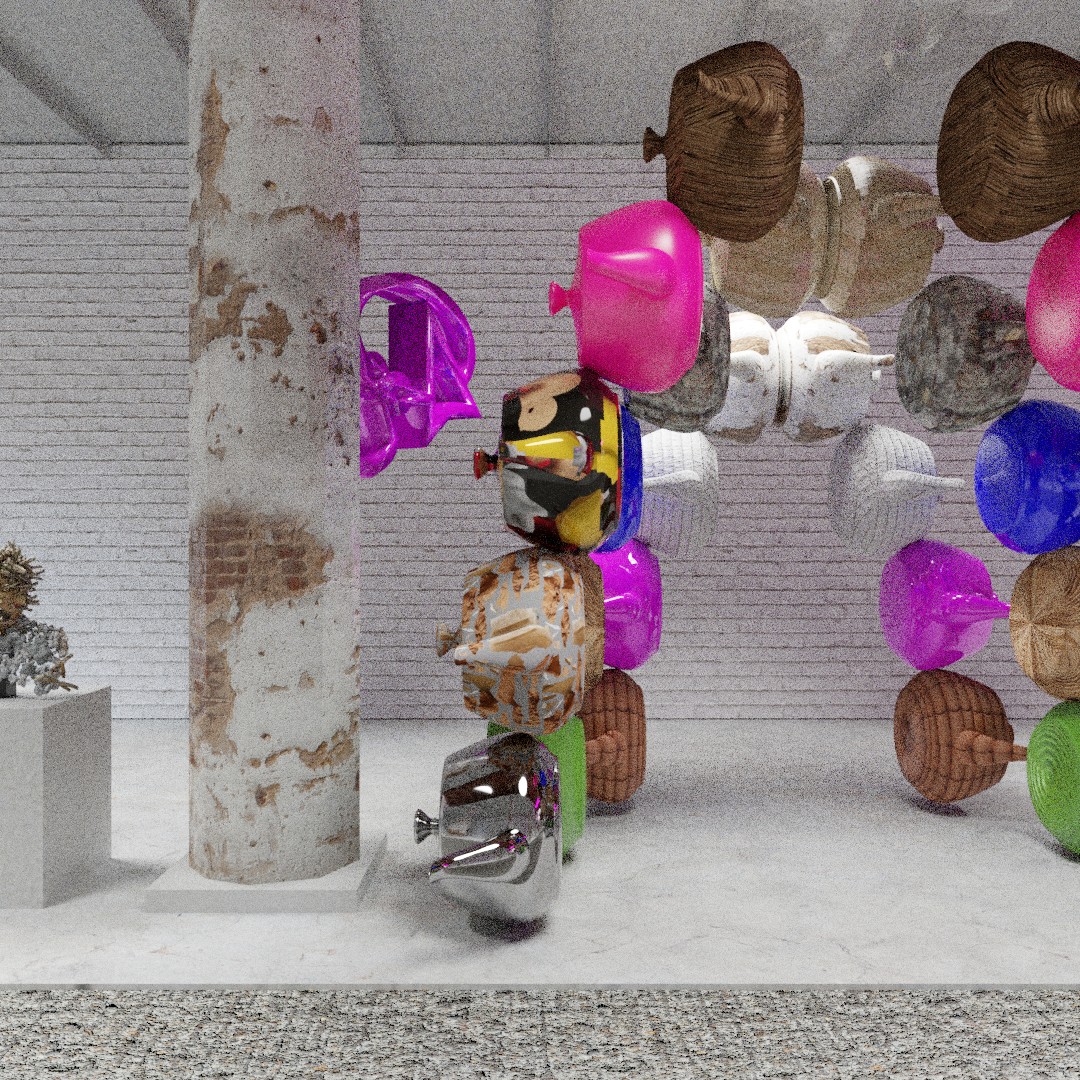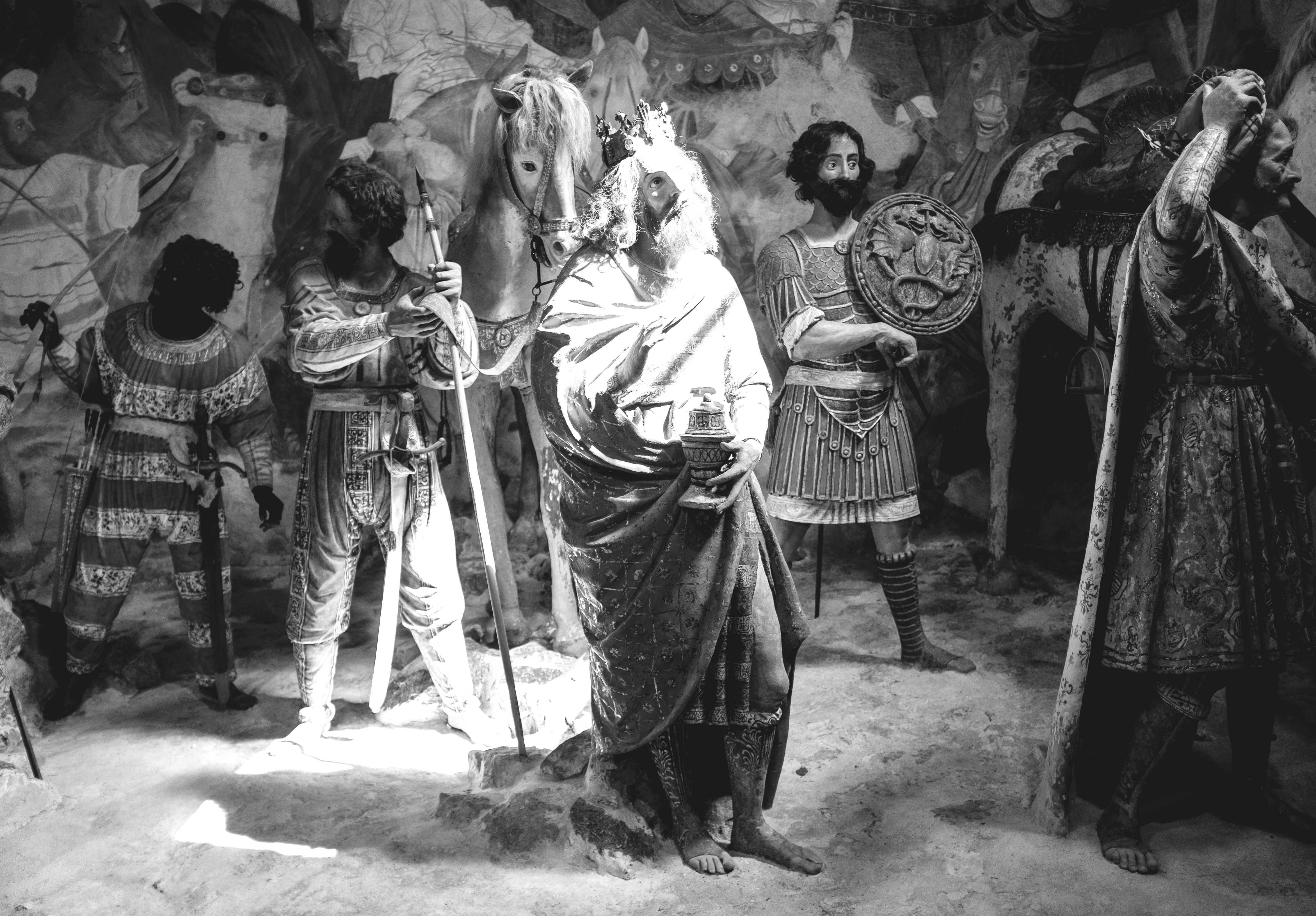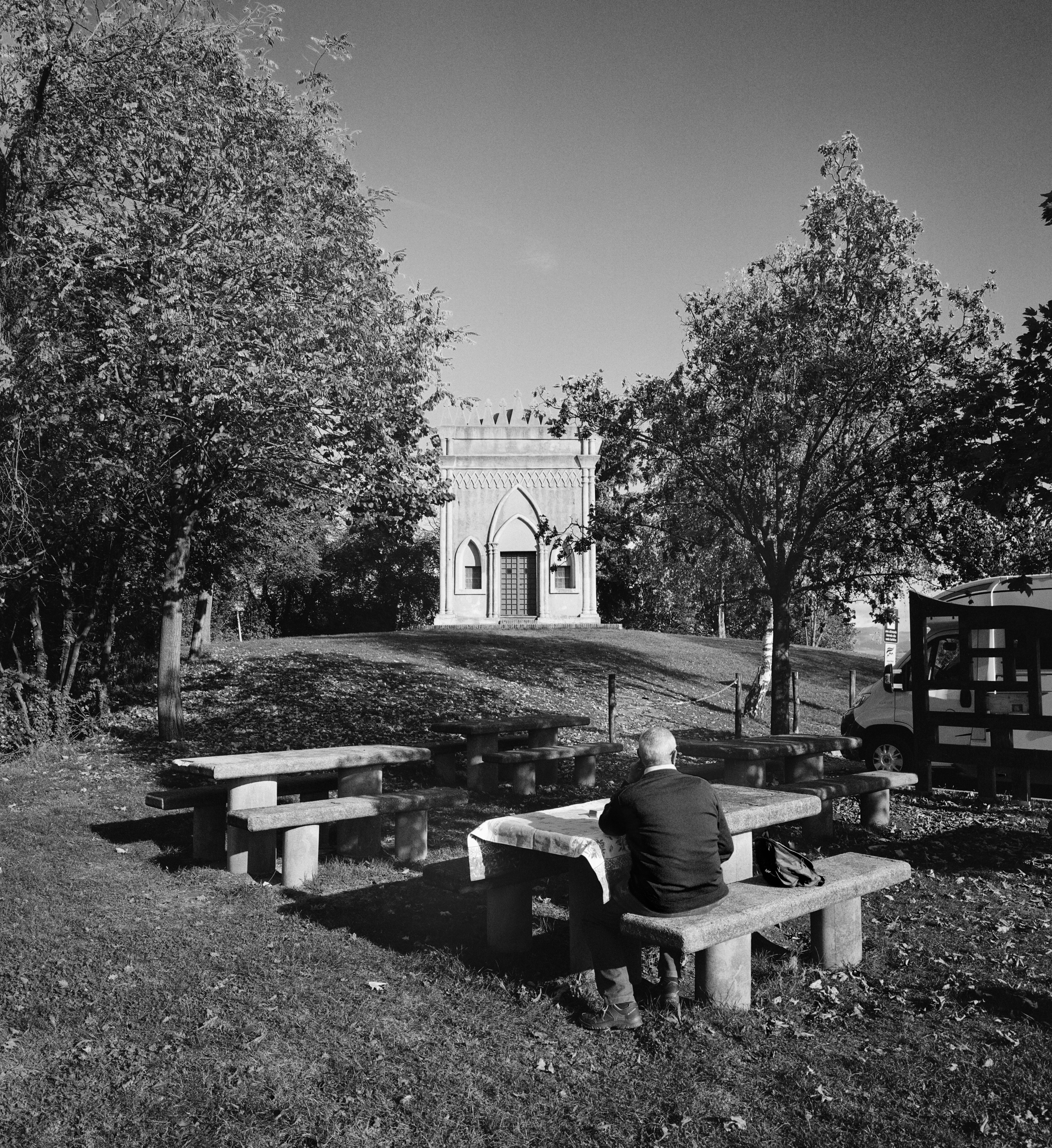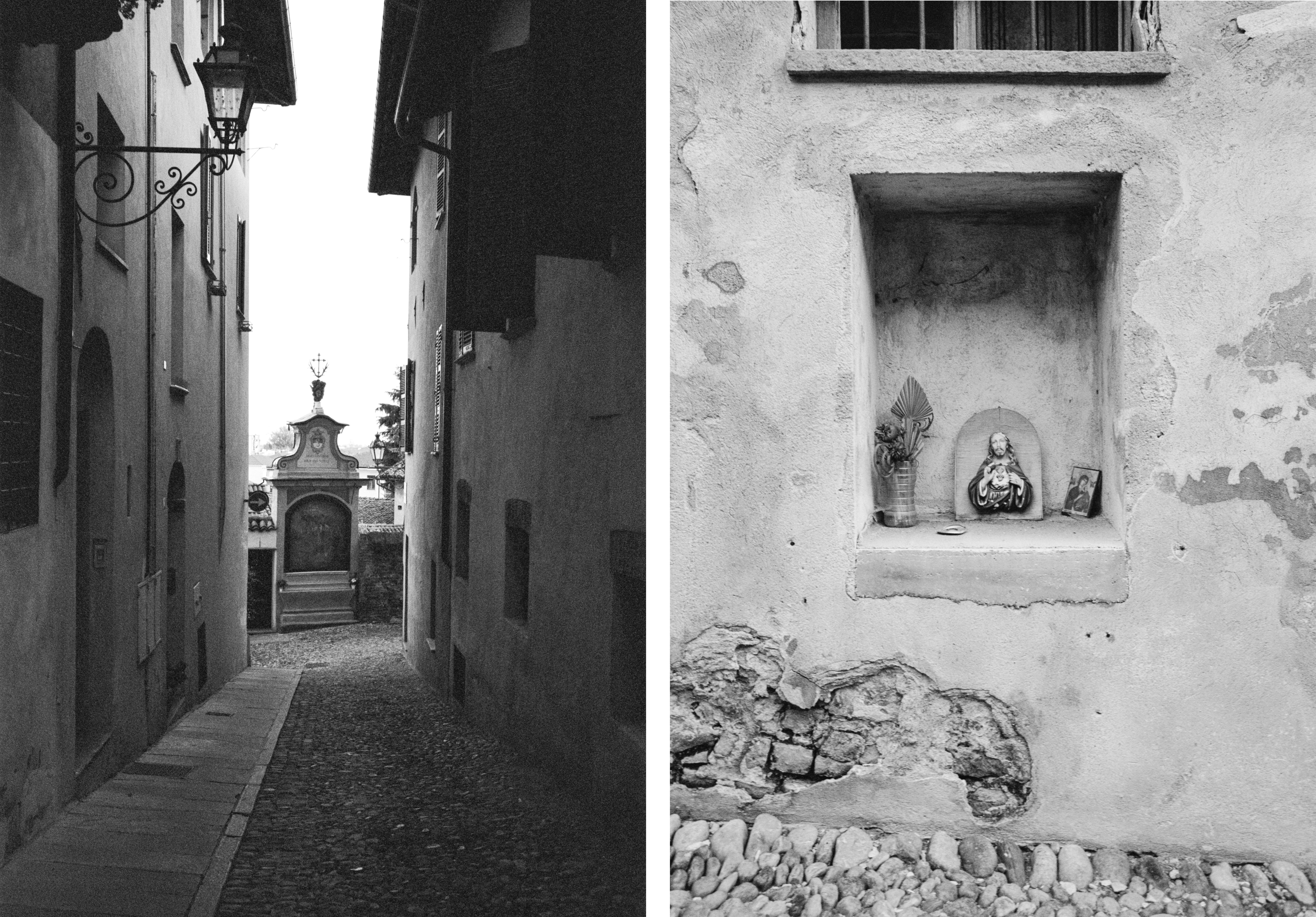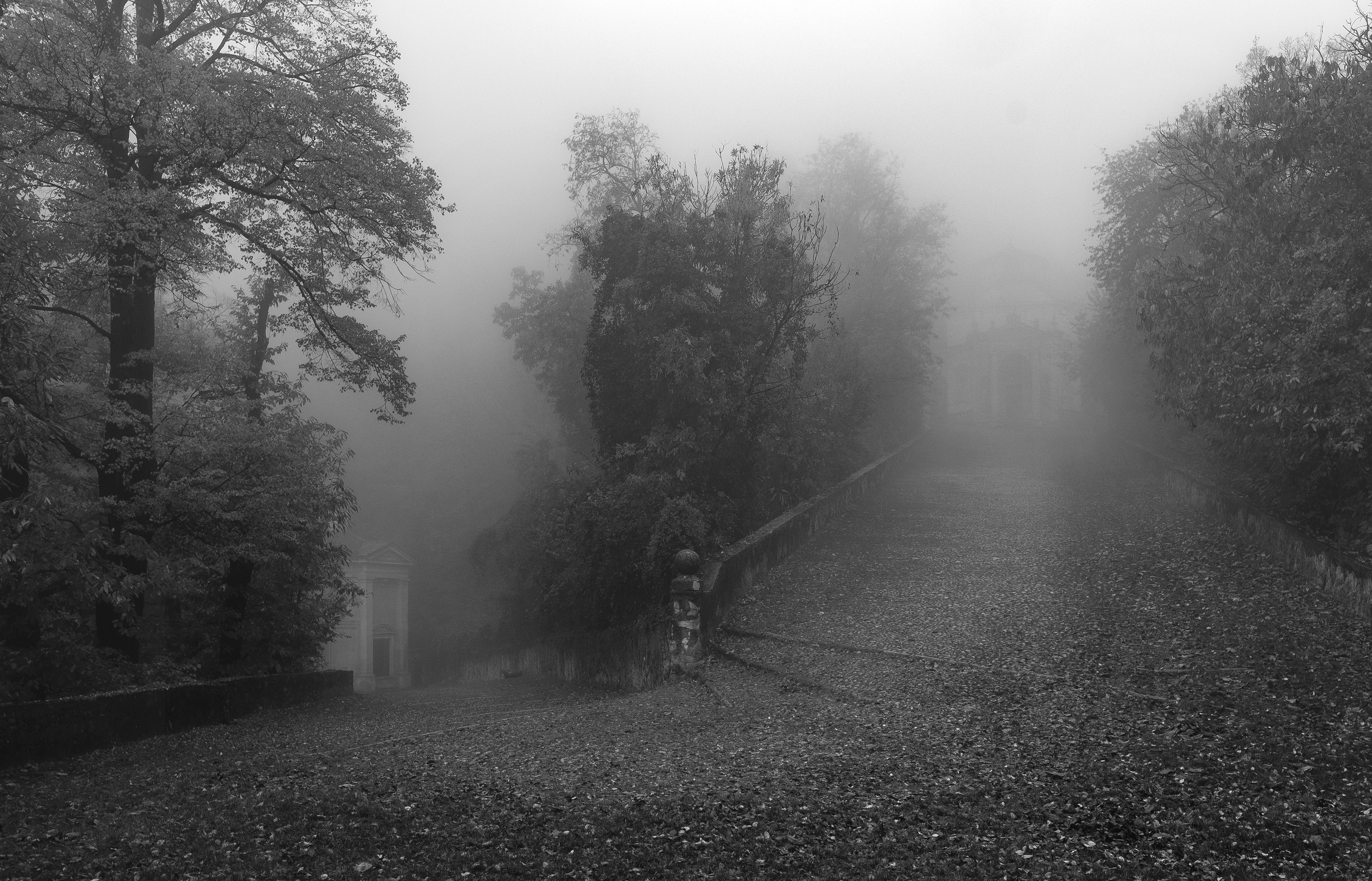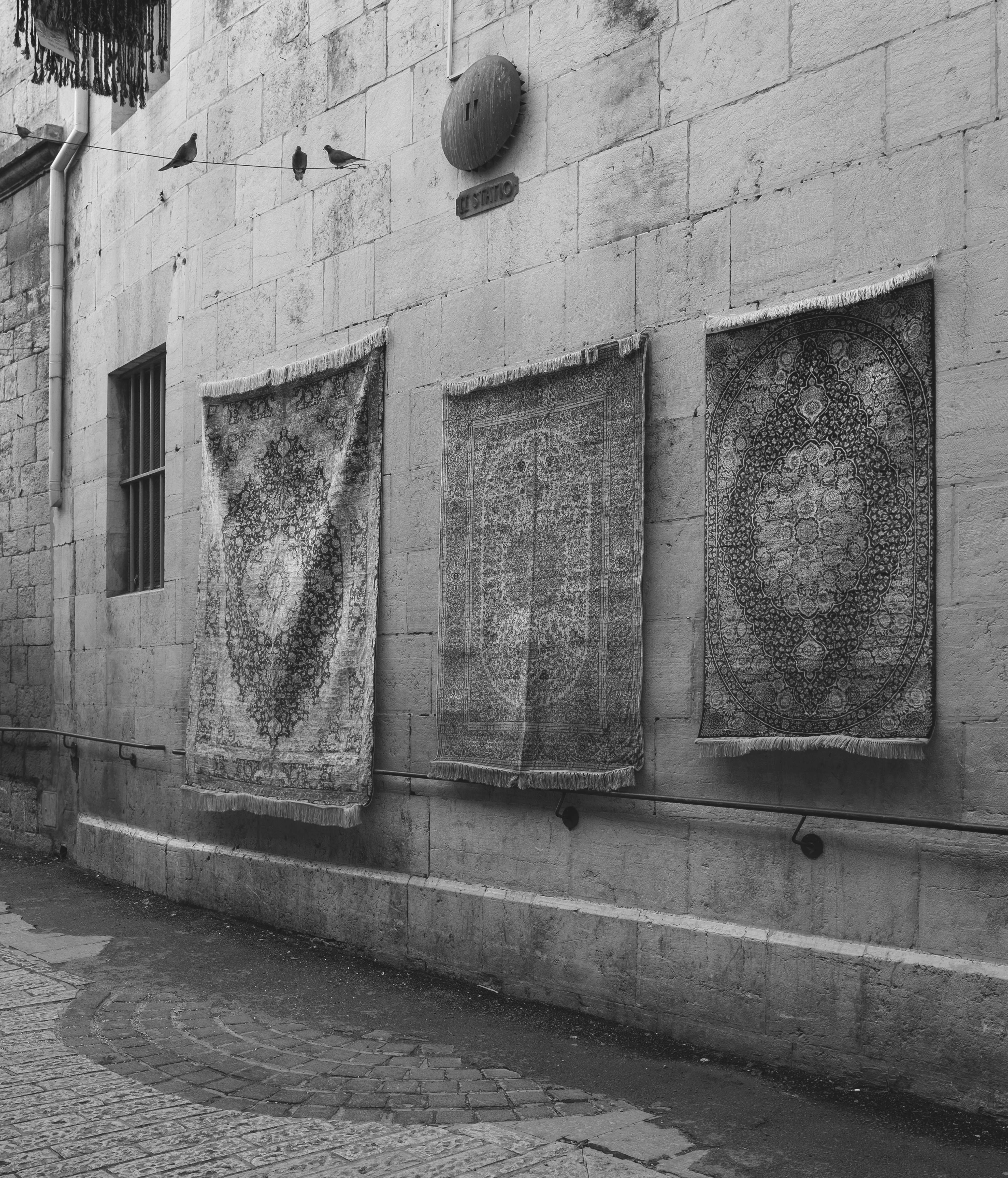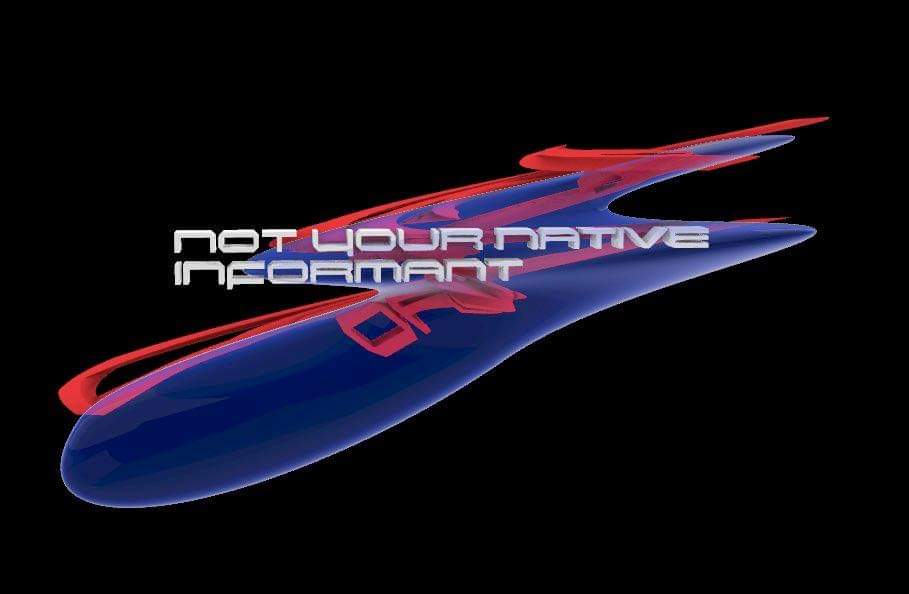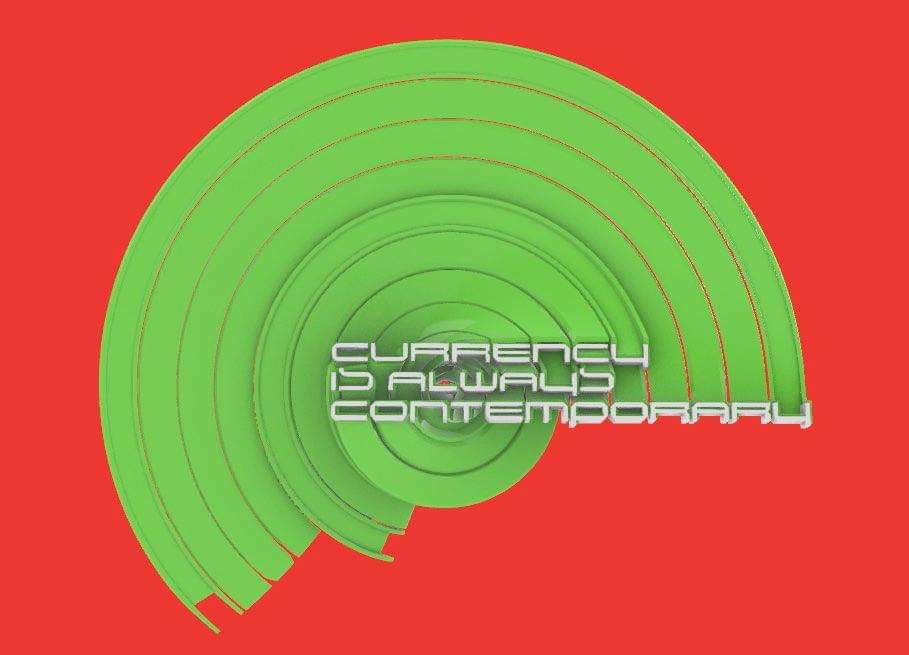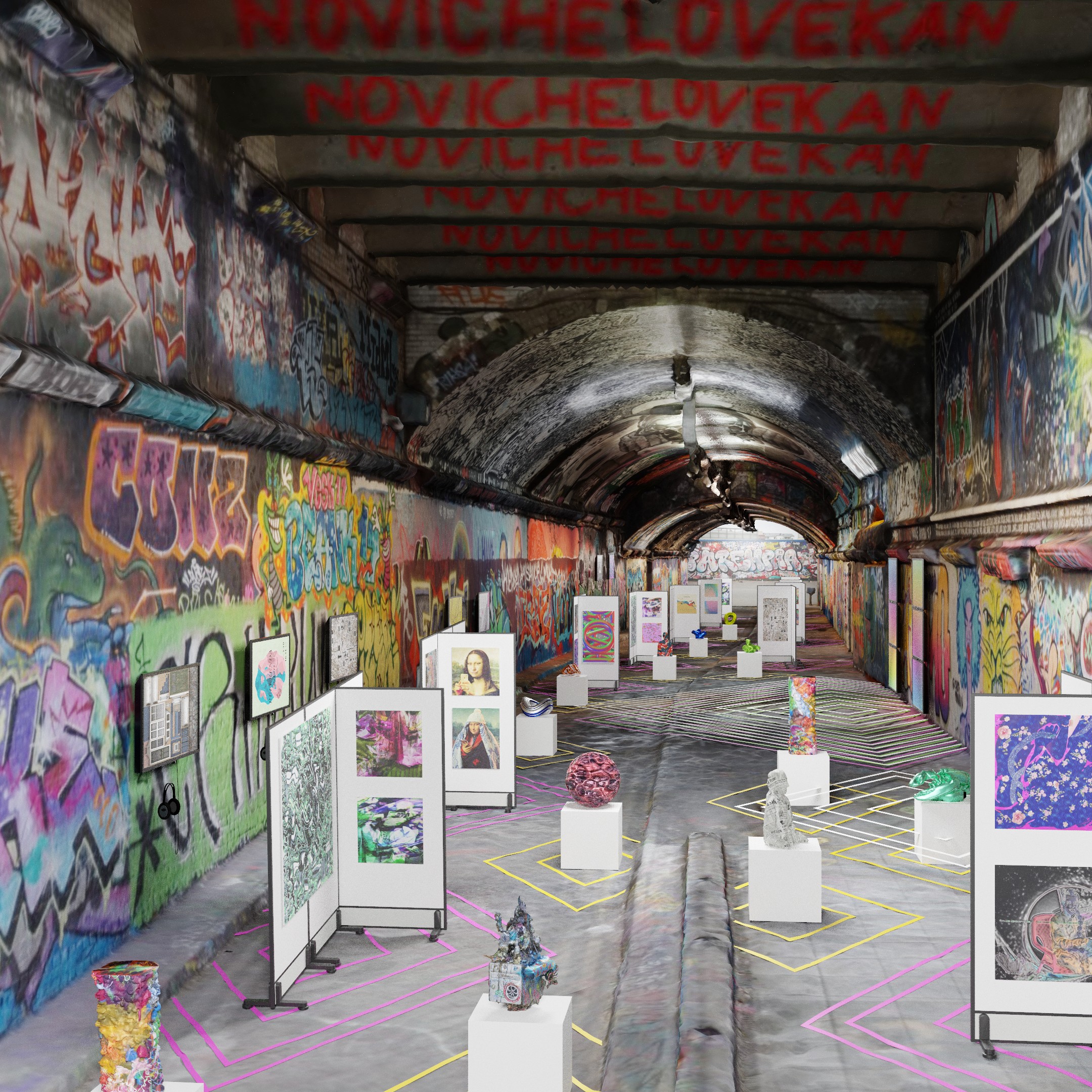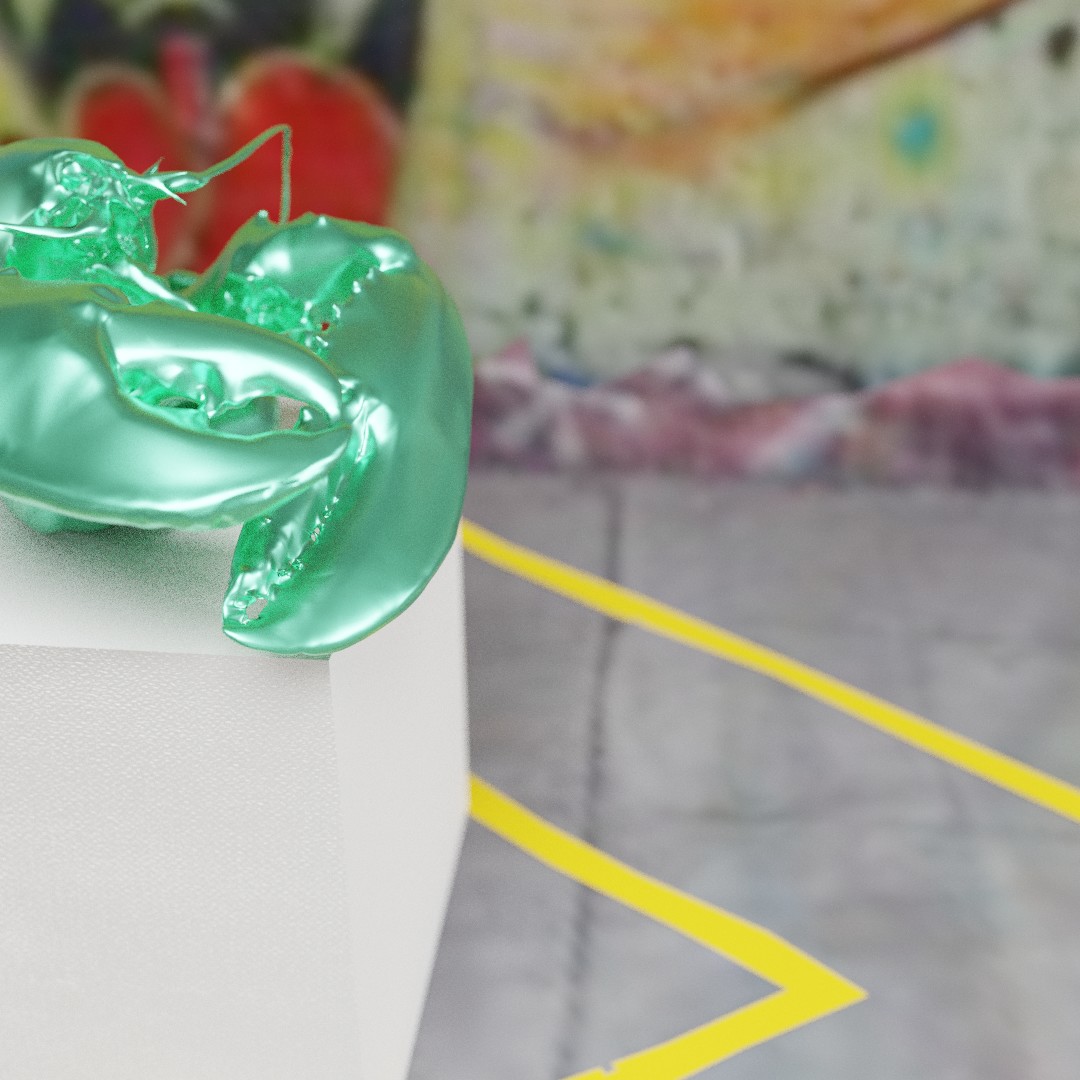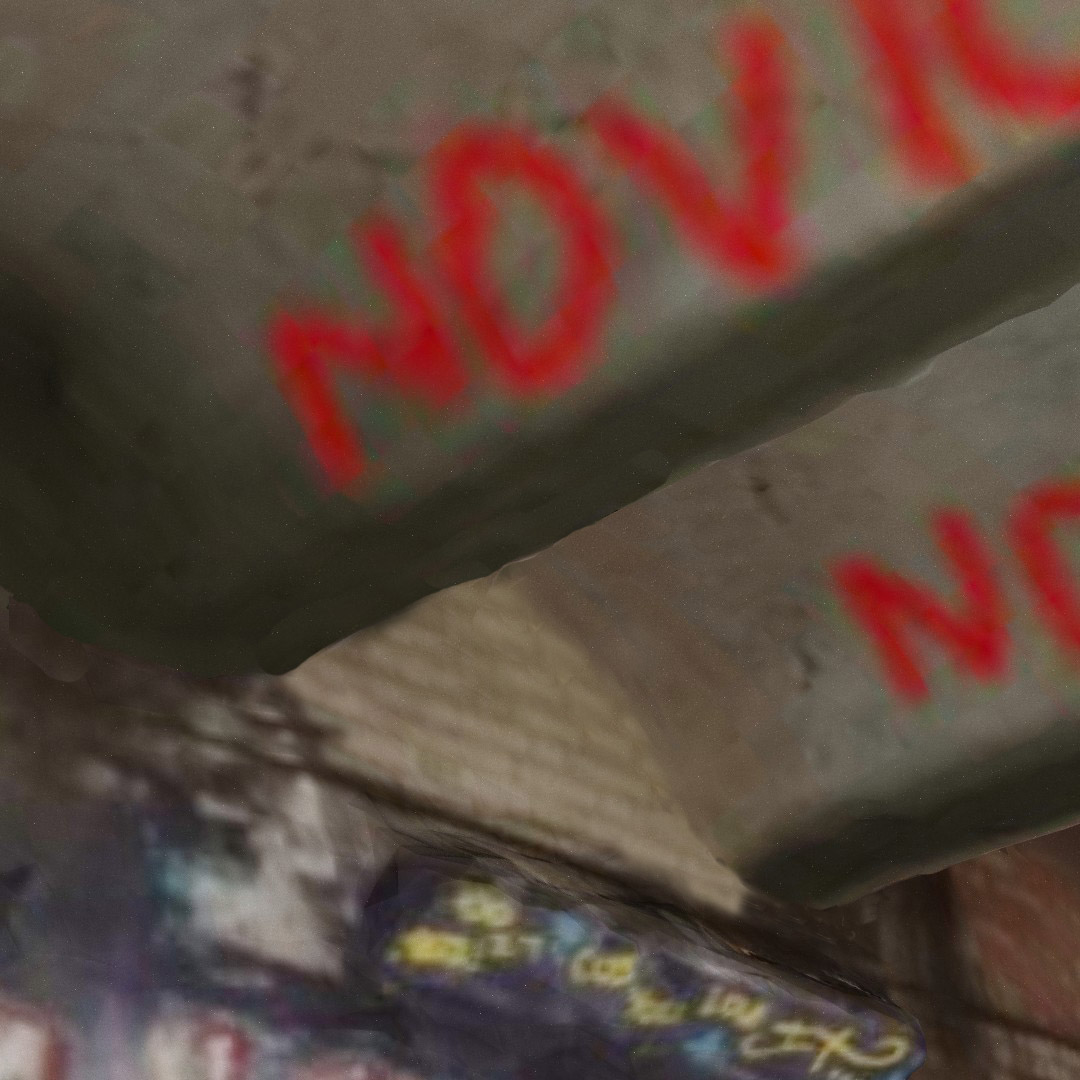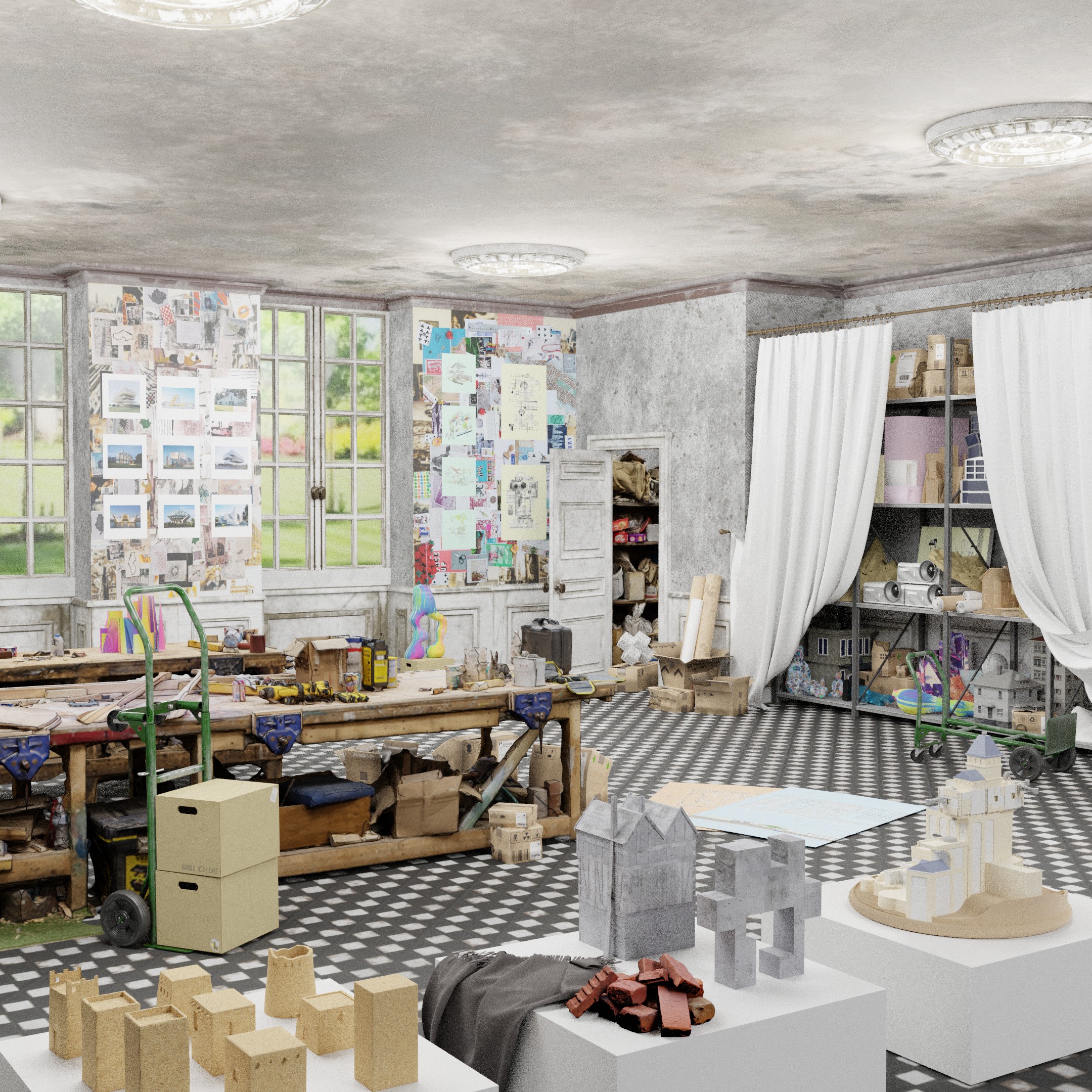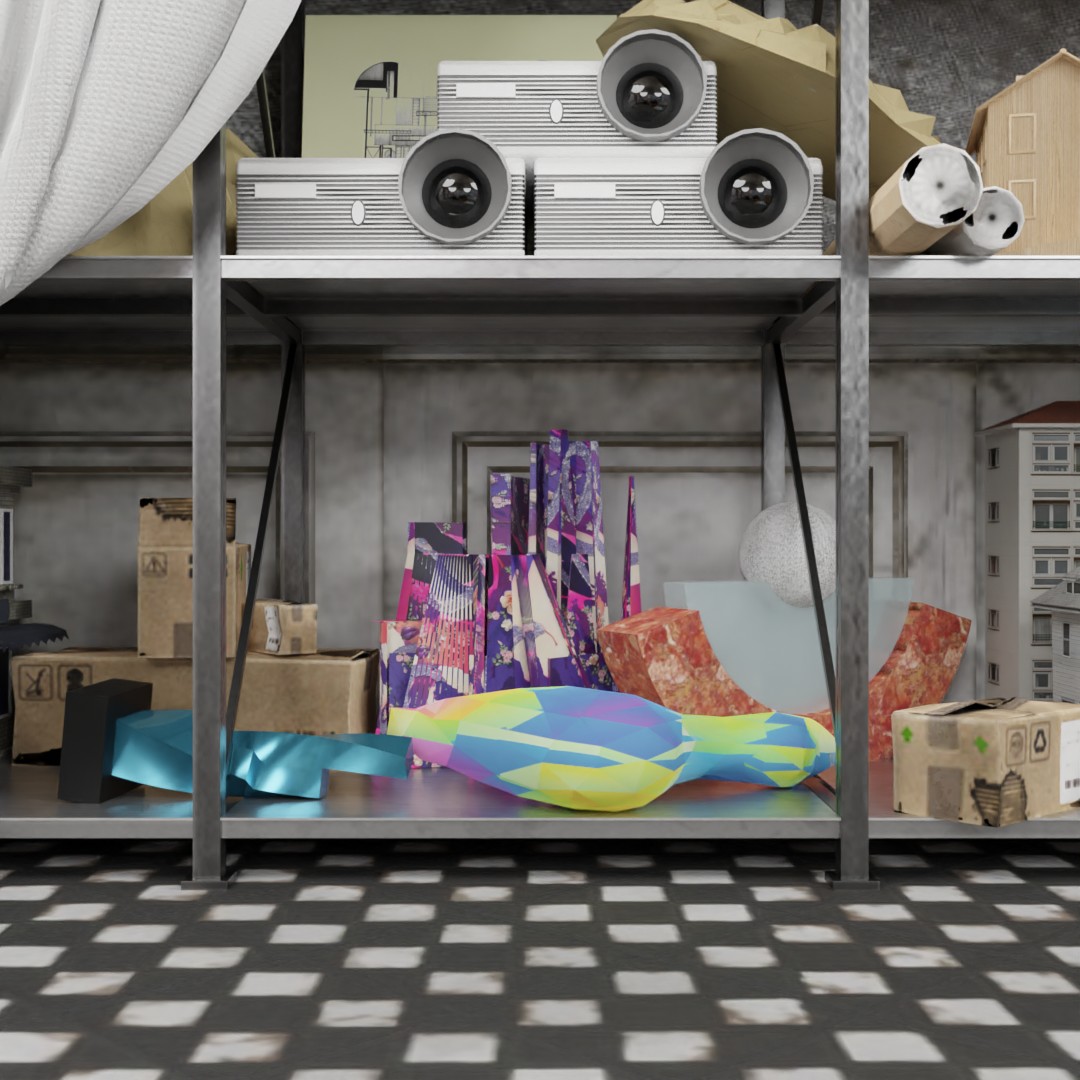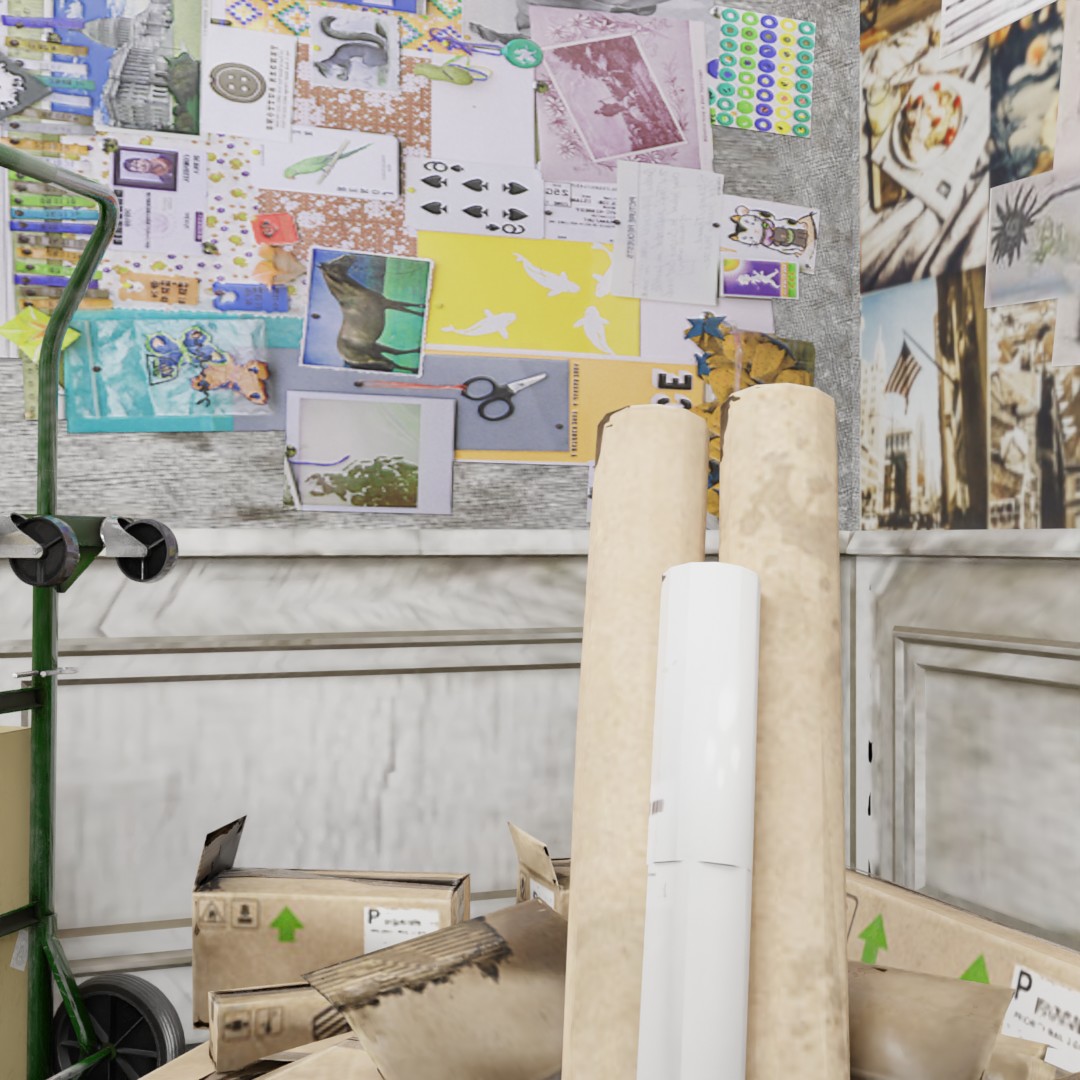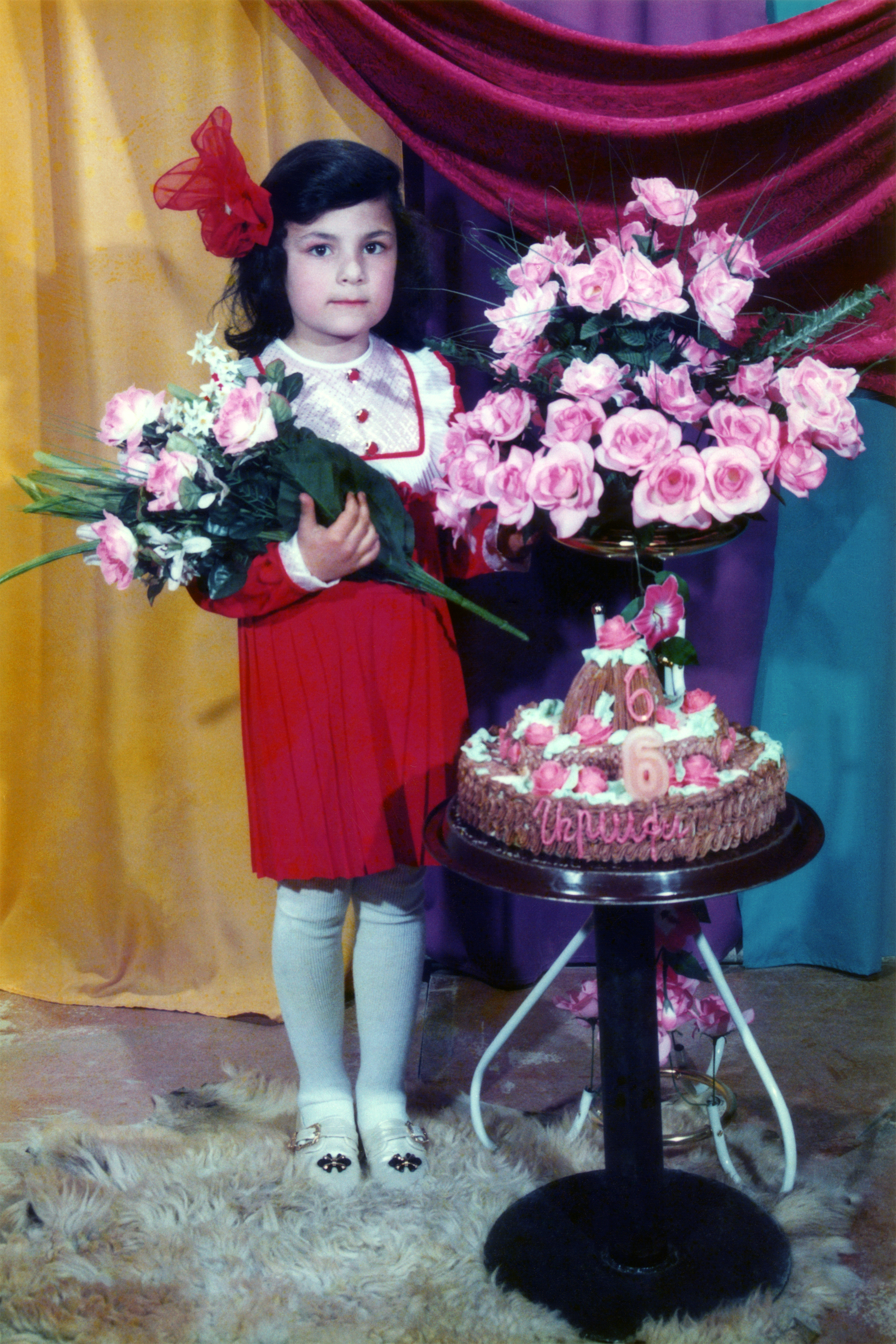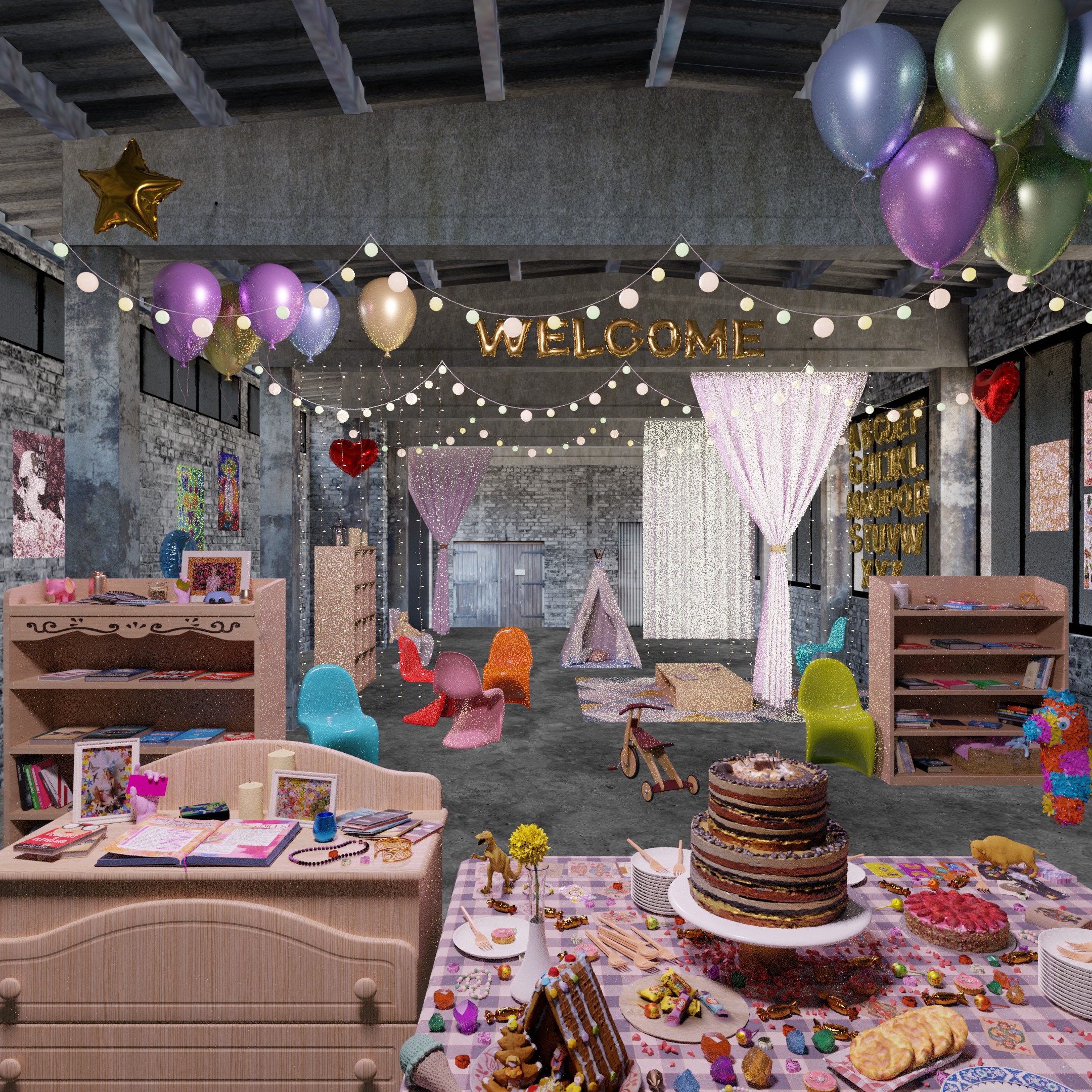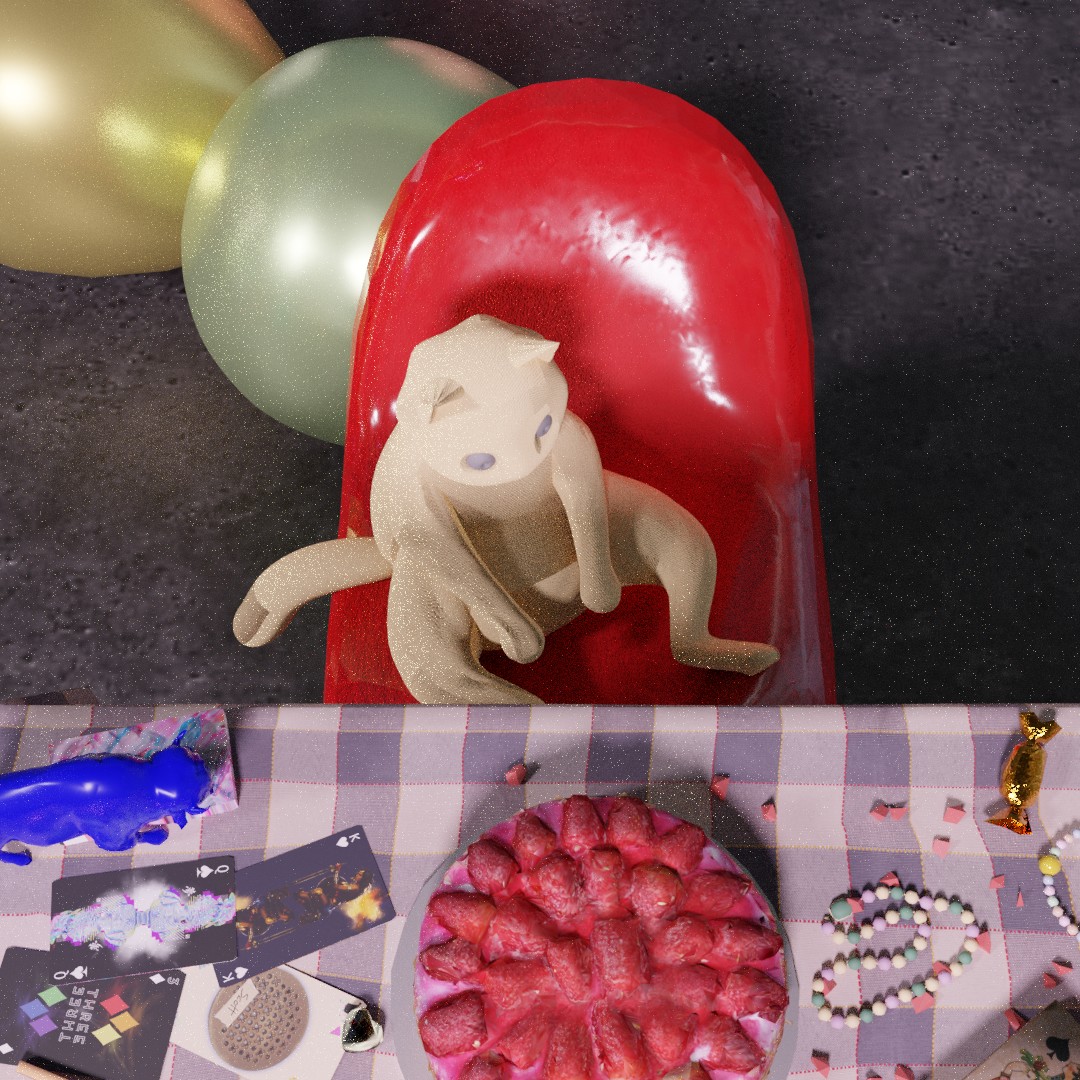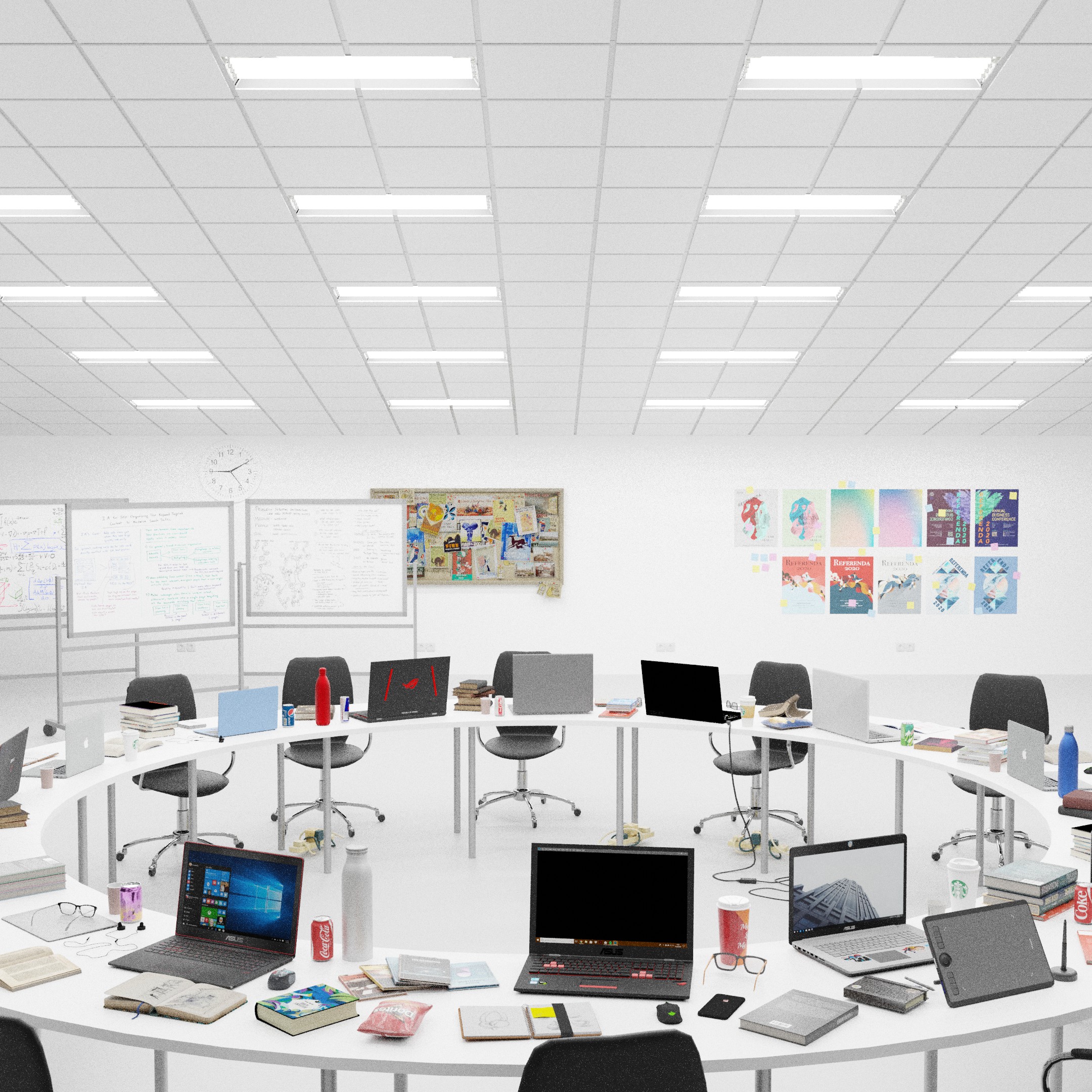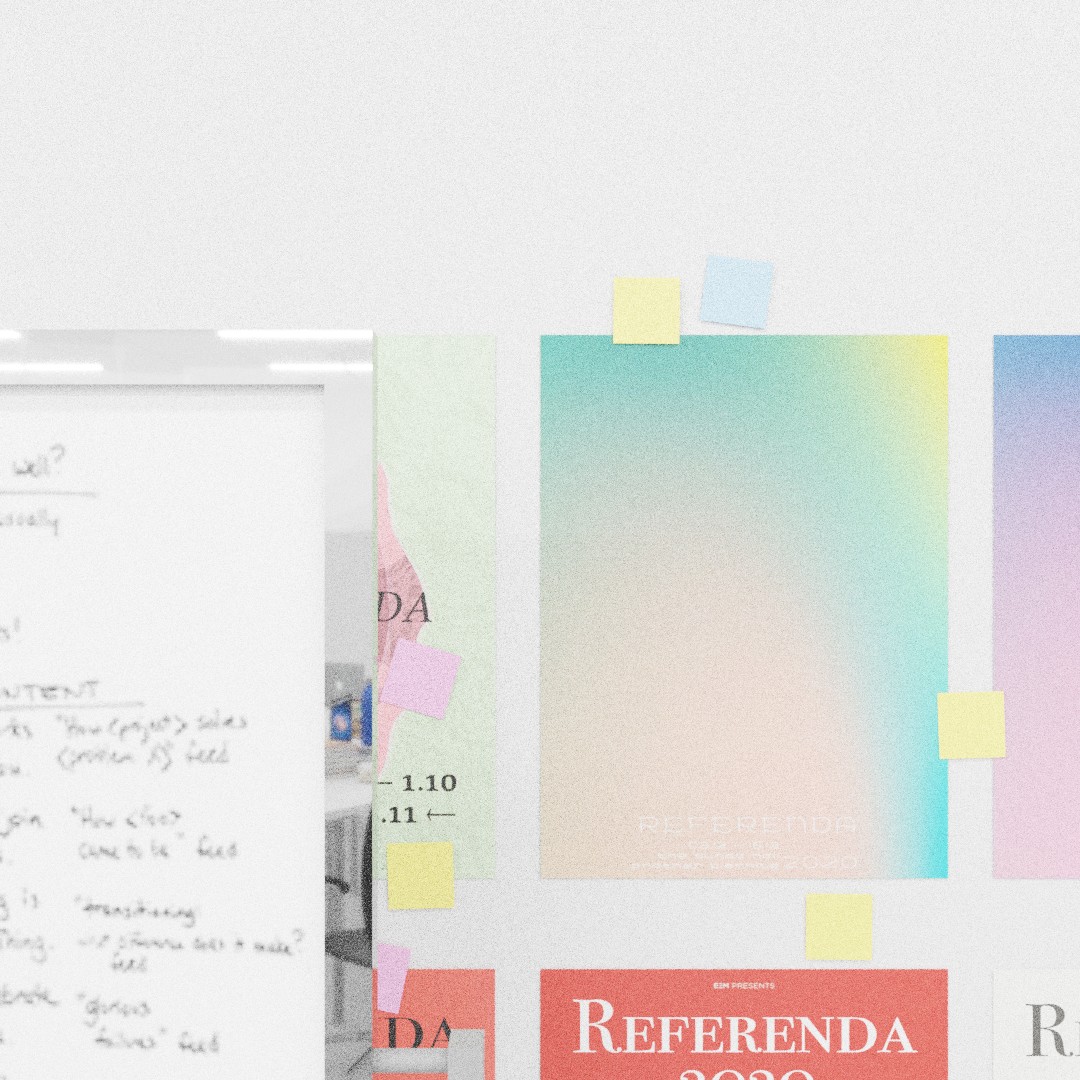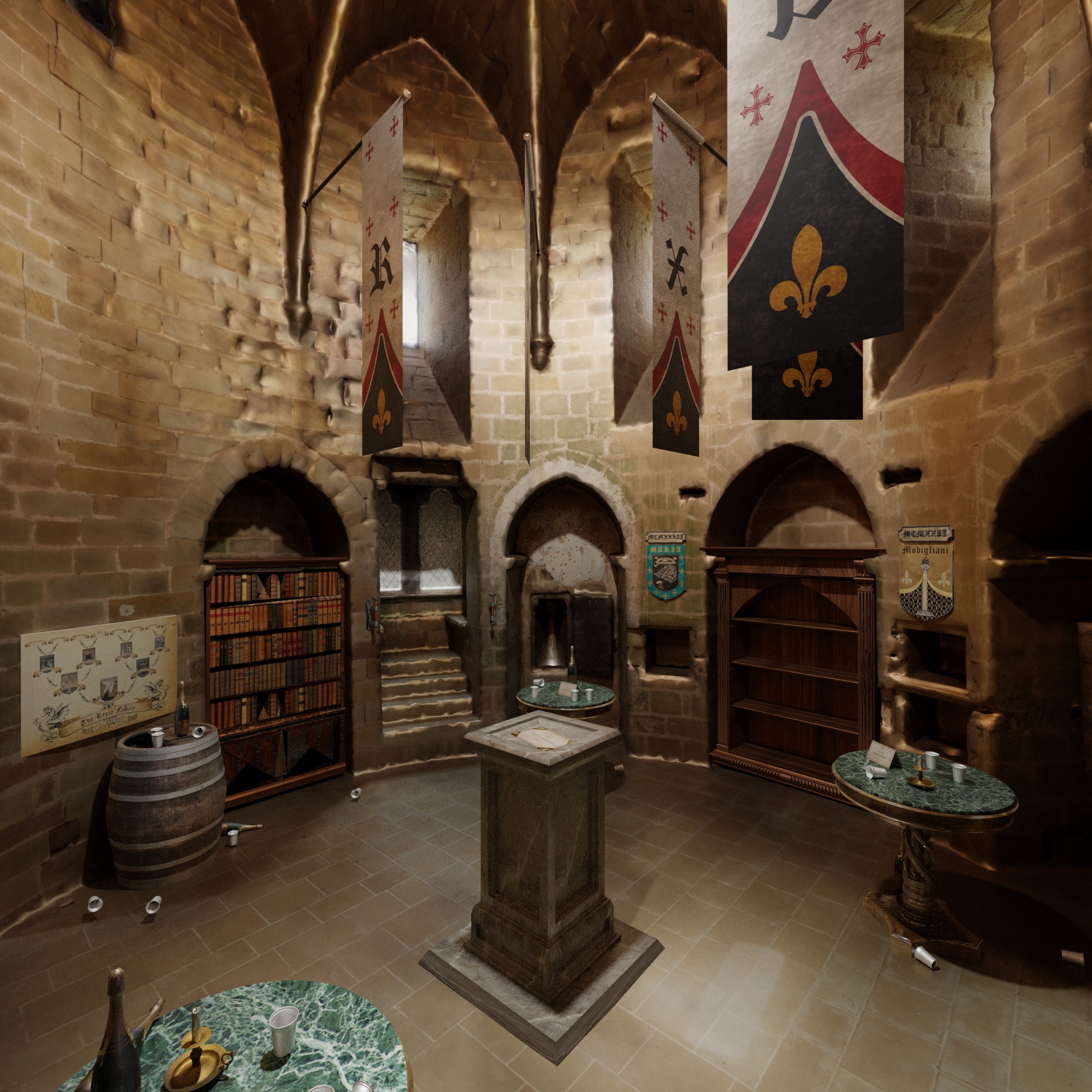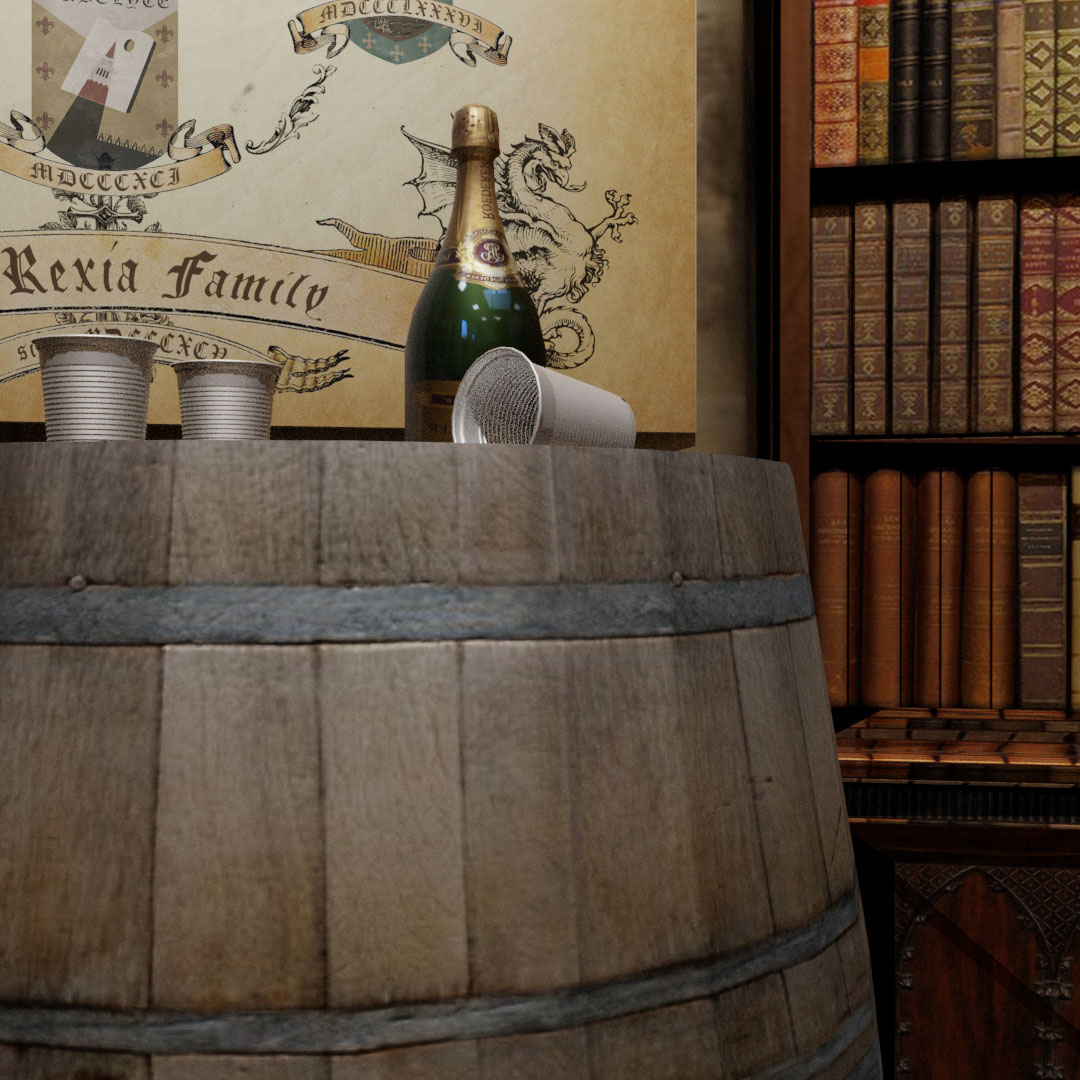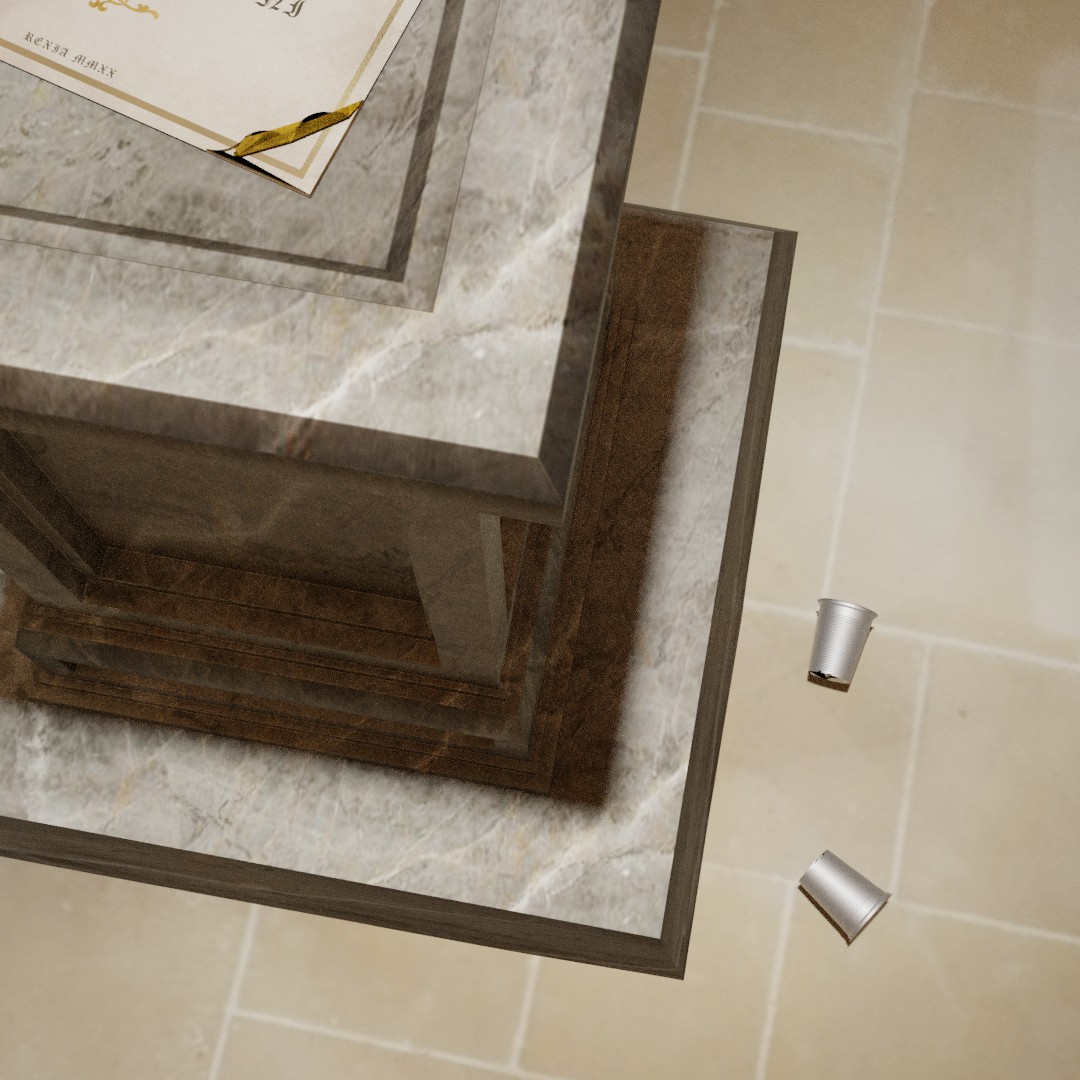The Wall
Sabina Shikhlinskaya - artist, independent curator, educator. She explores multimedia practices, creating art works with the priority of social subjects. http://sabinashikhlinskaya.info/
Neophobia is the fear of anything new. In its milder form, it can manifest as the unwillingness to break from routine.
“Accepted and approved by those who were before us, and devoted to us in the inadmissibility of any deviation, innovation, or abolition in their content ...
No one will be allowed to change the above rules, or accept instead of the proposed rules others, drawn up by certain people who have dared to trade the truth. "
2nd Canon of the V-VI Ecumenical Council
Today, many agree that the biennales have become obsolete, even though currently there is no other format comparable in its prominence. Recently, every corner of the world has wanted to place itself on the map of modern art tourism by way of participation in the Biennale. It was vitally important for every artist to be included in the group of participants, despite the awareness of the hypocrisy of the corporate-managerial elite, which runs the contemporary artistic system, and its political correctness, which limits individual freedom of creative expression.
In the era of universal automation, sovereign Internet, trade wars, and other signs of the times, the price for international megaprojects has become too high for organizers increasingly doubting the need to pay for their own critique.
The biennales used to be a compromise and are even more so now, during the recession of the biennale boom, although it is still they who define the progressive social and aesthetic agenda in contemporary world culture.
------------------------------
A modern man, freed from the shackles before the individualistic society, which both limited and provided him with security and peace, did not acquire freedom in terms of realization of his personality. In most cases, a person is not yet mature enough to be completely independent and objective. The cultural and social crisis of our days is reflected directly in the meaning of freedom for a modern person, as well as on the problem of interconnection and interaction between psychological and sociological factors of social development.
The new history was conditioned by efforts aimed at acquiring freedom from the political, economic, and spiritual shackles that bound a person aimed at victory over the forces of totalitarianism. Despite numerous defeats, freedom usually prevailed. History has confirmed that a person can control himself, make decisions by himself, think, and feel as he deems right.
It is paradoxical that although freedom brings a person independence and rationality of his own existence, it simultaneously isolates him, awakening in him a feeling of powerlessness and anxiety. This isolation is unbearable, and a person is faced with a choice: to either get rid of freedom with the help of a new dependence, new submission, or grow to the full realization of positive freedom based on the uniqueness and individuality of each.
If we consider the problem of a person and his freedom and lack of freedom and imagine that space is freedom, while the constraint of space is non-freedom, then the image of a wall that ascends in its functional basis to an absolute forbiddance is precisely what represents a system of prohibitions in the social structure. The horizon, however, can be viewed as an image of experience - contours, and outlines that are not inherent in objects in reality but traced in them by our perception, brought into the world by our finite presence. Any experience, in its most important feature, reveals the property of finitude, which means that experience always has boundaries. Since these boundaries are not laid down once and for all but are shifting, changeable, they form horizons.
Thus, the experience that humanity has is always on this side of the horizons, while they continue to shift. The world is something that precedes all experience, a miracle, and a mystery that instills concern in the existence of man and makes him seek salvation in the existing order of things.
СТЕНА
Neophobia is the fear of anything new. In its milder form, it can manifest as the unwillingness to break from routine
Неофобия — боязнь чего-либо нового. В более мягкой форме это может проявляться в нежелании отказываться от рутины
ru.qaz.wiki/wiki/Neophobia
«Принятые и утвержденные бывшими прежде нас, и нам преданные в недопустимости всякого отступления, нововведения или упразднения в их содержании…
Никому не будет позволено вышеозначенные правила изменять или принимать вместо предложенных правил иные, составленные некими людьми, дерзнувшими торгашествовать истиной»
2-ой канон V-VI Вселенского Собора
Сегодня многие согласны с тем, что биеннале изжили себя, хотя при этом никакого иного сопоставимого по значимости формата на данный момент не существует. Недавно каждый уголок мира хотел обозначить себя на карте современного арт-туризма посредством биеннале. Для каждого художника жизненно важным было оказаться в обойме участников, несмотря на осознание лицемерия корпоративно-менеджерской̆ элиты, заправляющей̆ современной̆ художественной̆ системой̆ и ее политическую корректность, ограничивающую индивидуальную свободу творческого самовыражения.
В эпоху всеобщей автономизации, суверенных интернетов, торговых войн и прочих примет времени, цена за интернациональные мега проекты стала слишком высокой для организаторов, все чаще сомневающихся в необходимости оплаты собственной критики.
Биеннале и раньше были компромиссом, а теперь во времена спада биеннального бума тем более, хотя по- прежнему именно они заявляют прогрессивную социальную и эстетическую повестку в современной мировой культуре.
------------------------------
Современный человек, освобожденный от оков до индивидуалистического общества, которое одновременно и ограничивало его, и обеспечивало ему безопасность и покой, не приобрел свободы в смысле реализации его личности. Человек в большинстве случаев еще недостаточно созрел, чтобы быть совершенно независимым и объективным. Культурный и социальный кризис наших дней отражается непосредственно на значении свободы для современного человека, а также на проблеме взаимосвязи и взаимодействия между психологическими и социологическими факторами общественного развития.
Новую историю обусловили усилия, направленные на завоевание свободы от политических, экономических и духовных оков, которые связывали человека, направленного к победе над силами тоталитаризма. Несмотря на многочисленные поражения, свобода в целом побеждала. История подтвердила, что человек способен управлять собой, сам принимать решения, думать и чувствовать так, как ему кажется верным.
Парадоксально то, что хотя свобода приносит человеку независимость и рациональность его существования, она в то же время изолирует его, пробуждая в нем чувство бессилия и тревоги. Эта изоляция непереносима, и человек оказывается перед выбором: либо избавиться от свободы с помощью новой зависимости, нового подчинения, либо дорасти до полной реализации позитивной свободы, основанной на неповторимости и индивидуальности каждого.
Если рассматривать проблему человека и его свободы и несвободы и представить, что пространство – это свобода, а запрет на пространство – это несвобода, то образ стены, восходящей в своей функциональной основе к абсолютному запрету, и представляет собой систему запретов в общественном устройстве. Горизонт же можно рассматривать как образ опыта - контуры и очертания, не присущие предметам реально, но прочерчиваемые в них нашим восприятием, вносимым в мир нашим конечным присутствием. Любой опыт, в качестве важнейшей своей черты обнаруживает свойство конечности, что означает, что опыт всегда имеет границы. Поскольку эти границы не положены раз и навсегда, но подвижны, изменчивы, они образуют горизонты. Имеющийся у человечества опыт, оказывается тем самым, всегда по эту сторону горизонтов, при этом они непрерывно сдвигаются. Мир же — это то, что предшествует всякому опыту, чудо и загадка, вселяющие беспокойство в существование человека и заставляющие его искать спасения в существующем порядке вещей.
